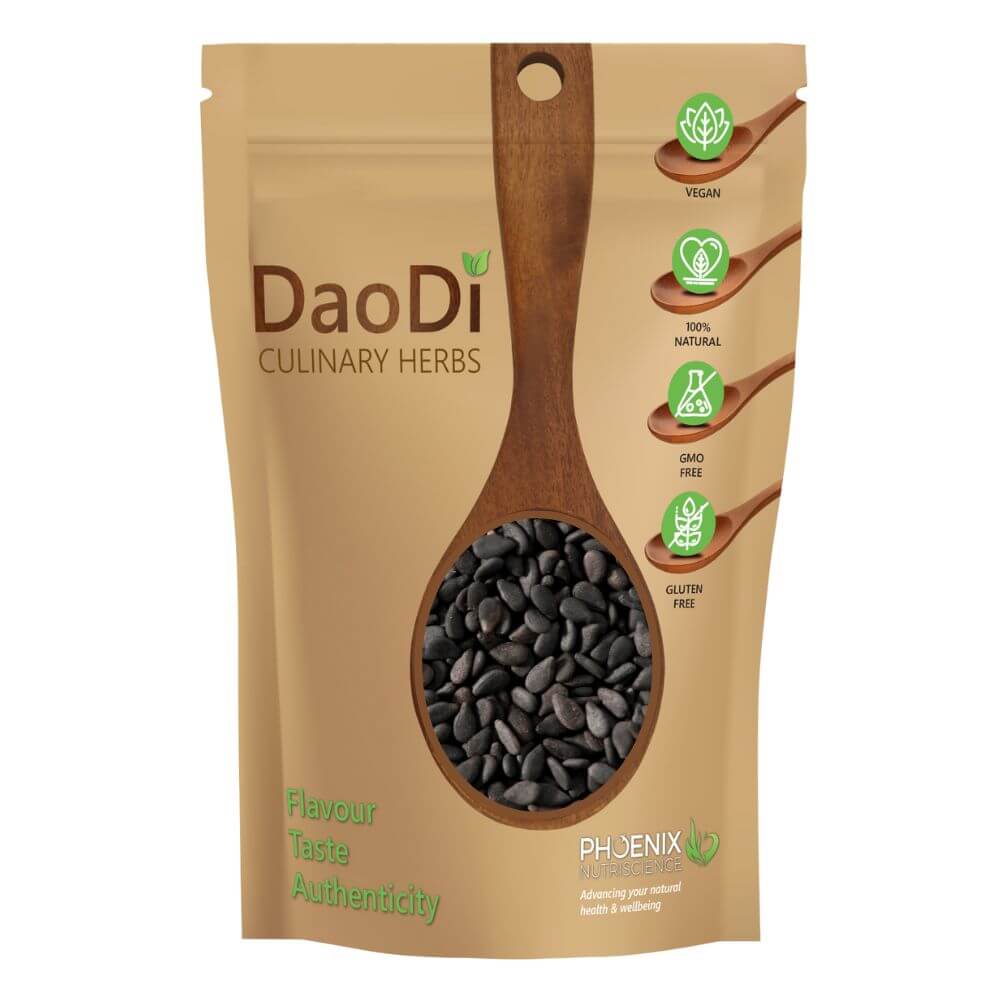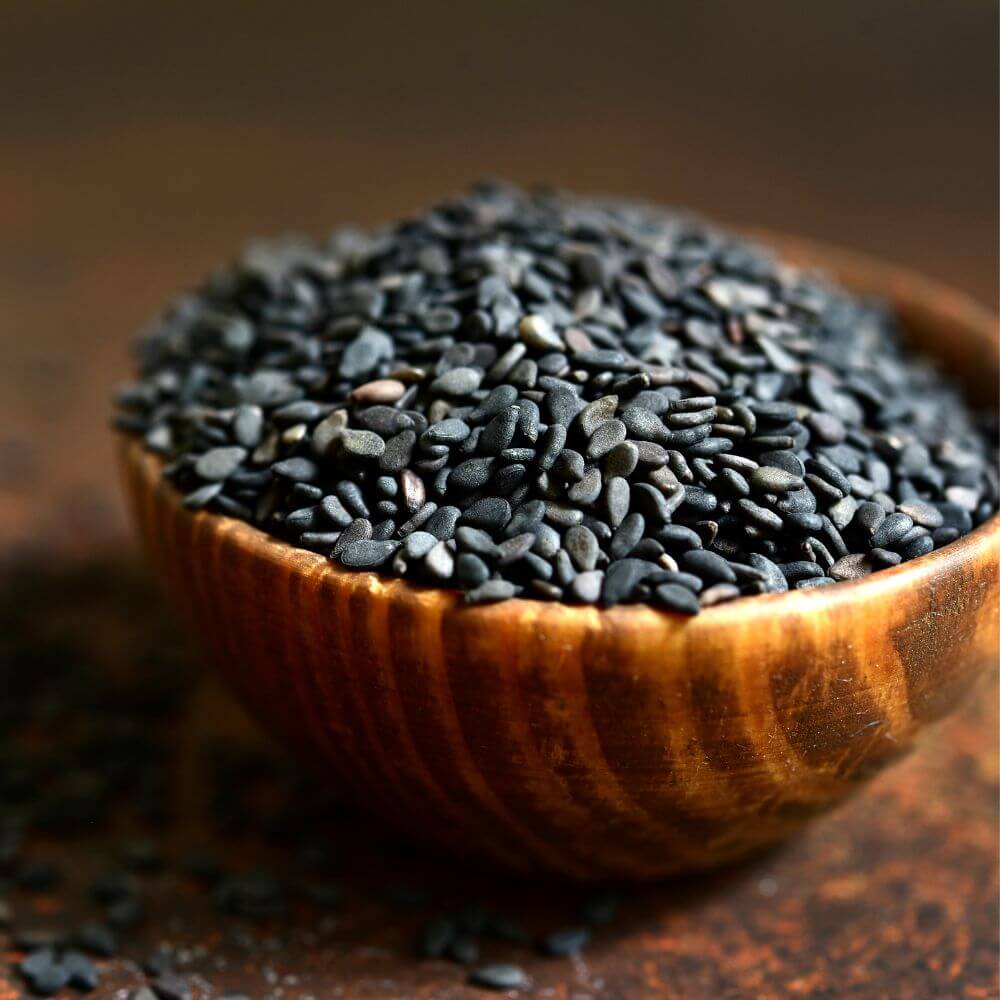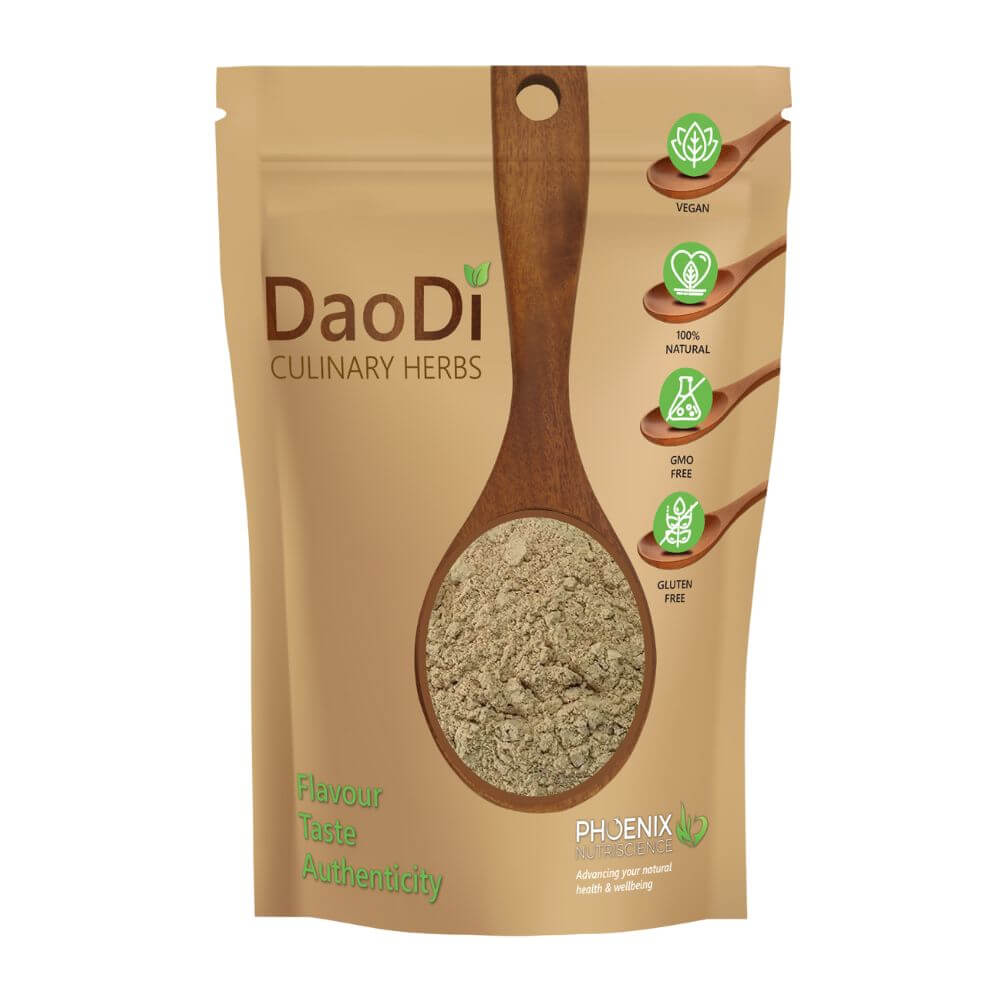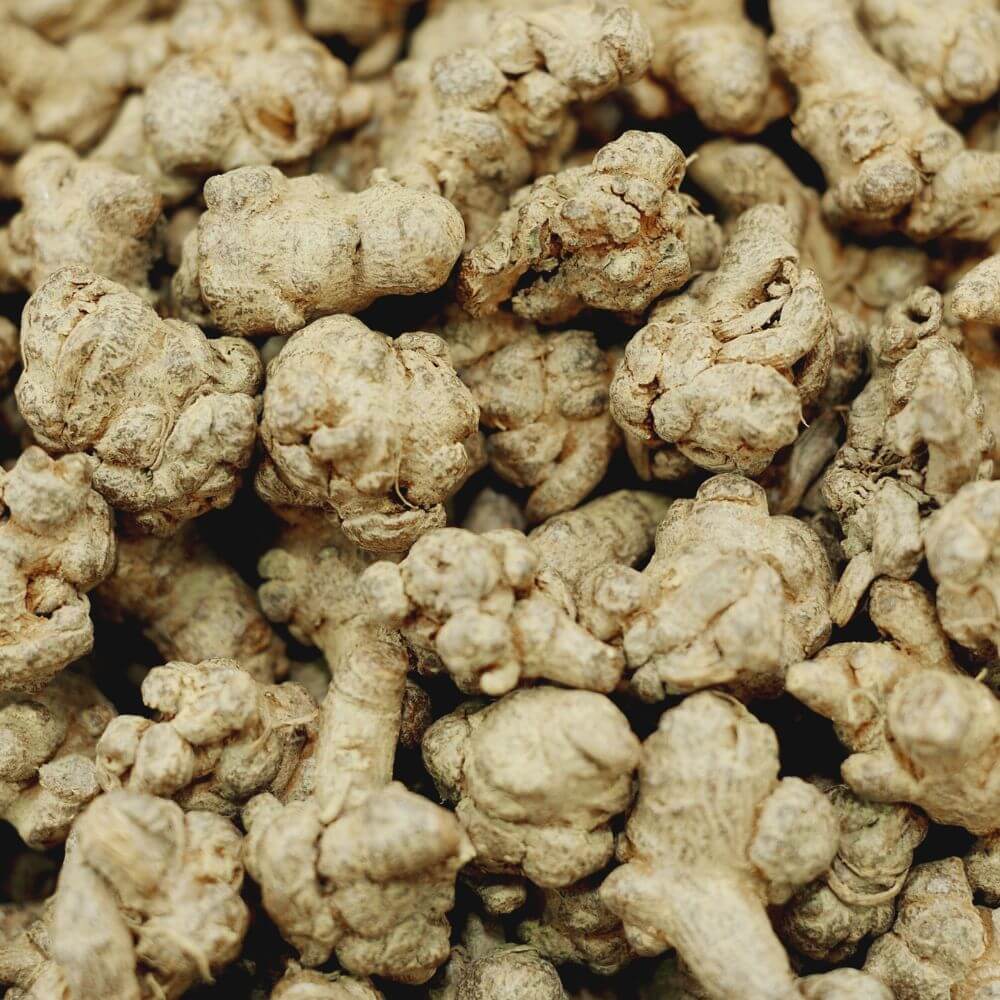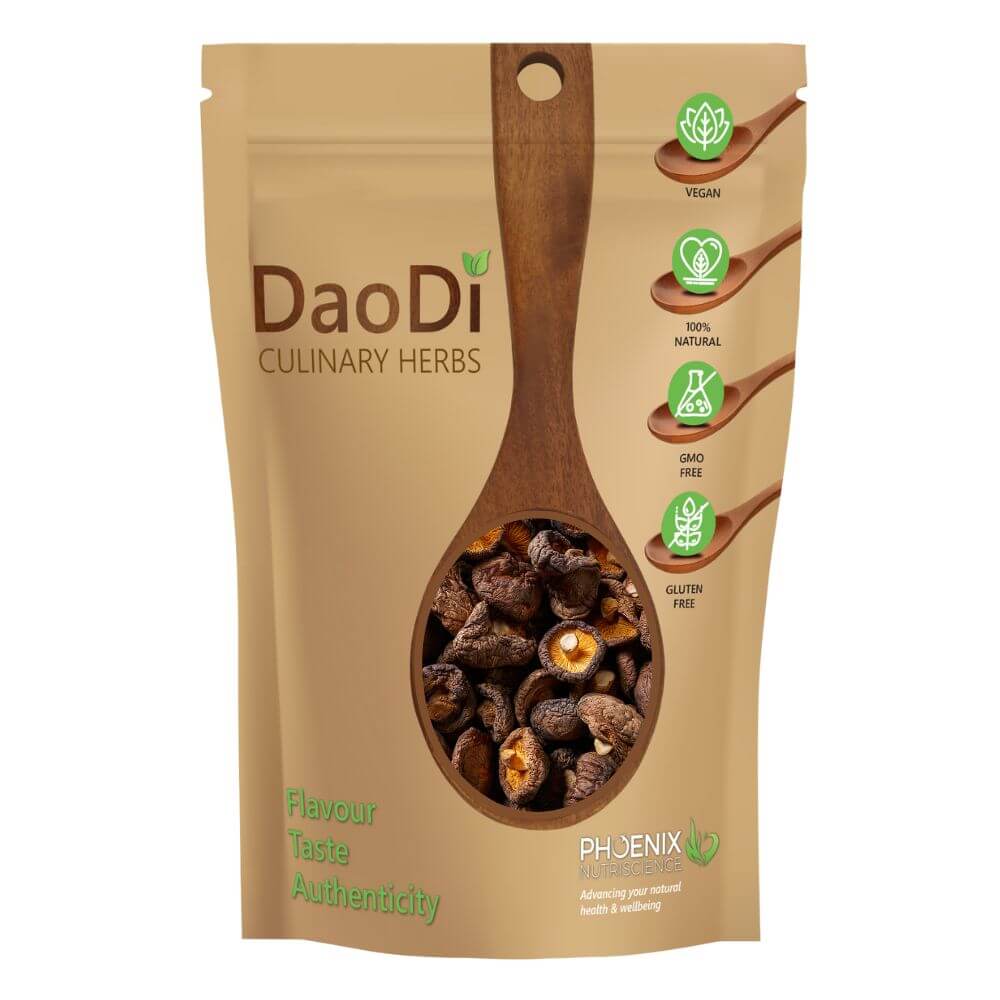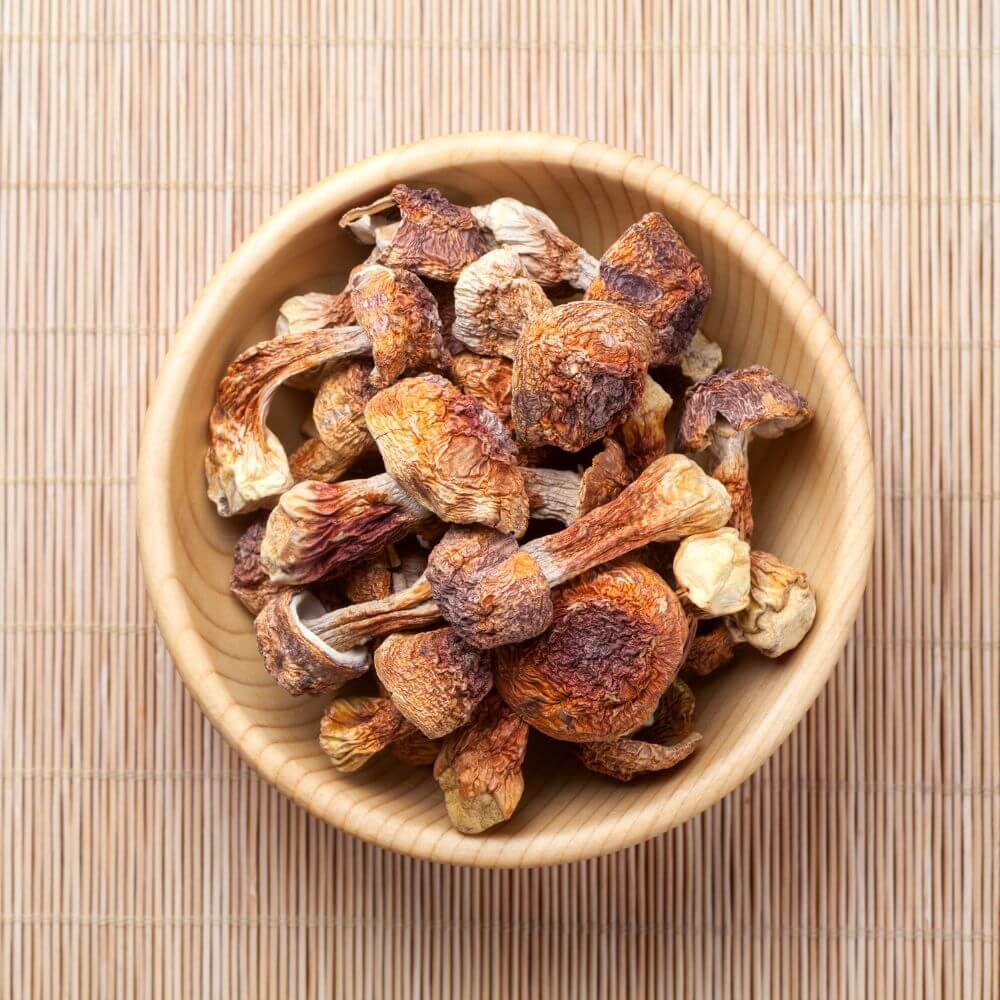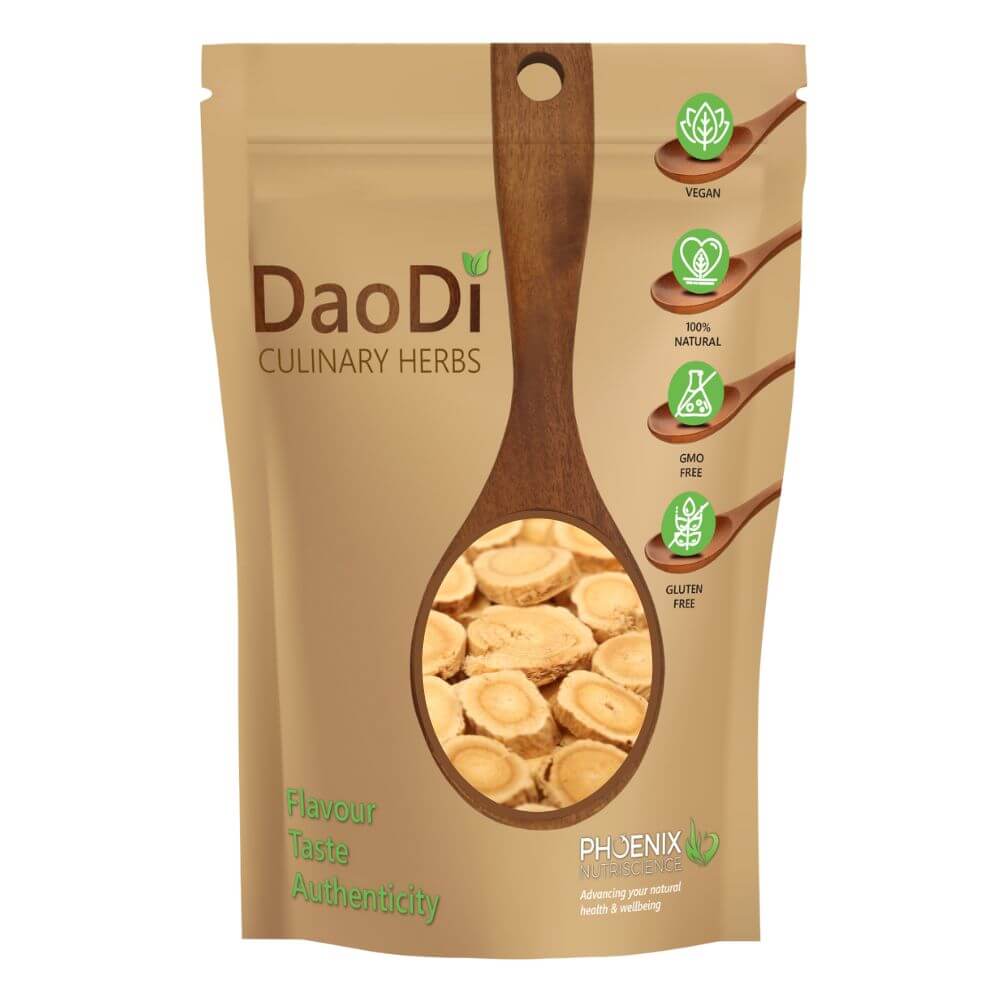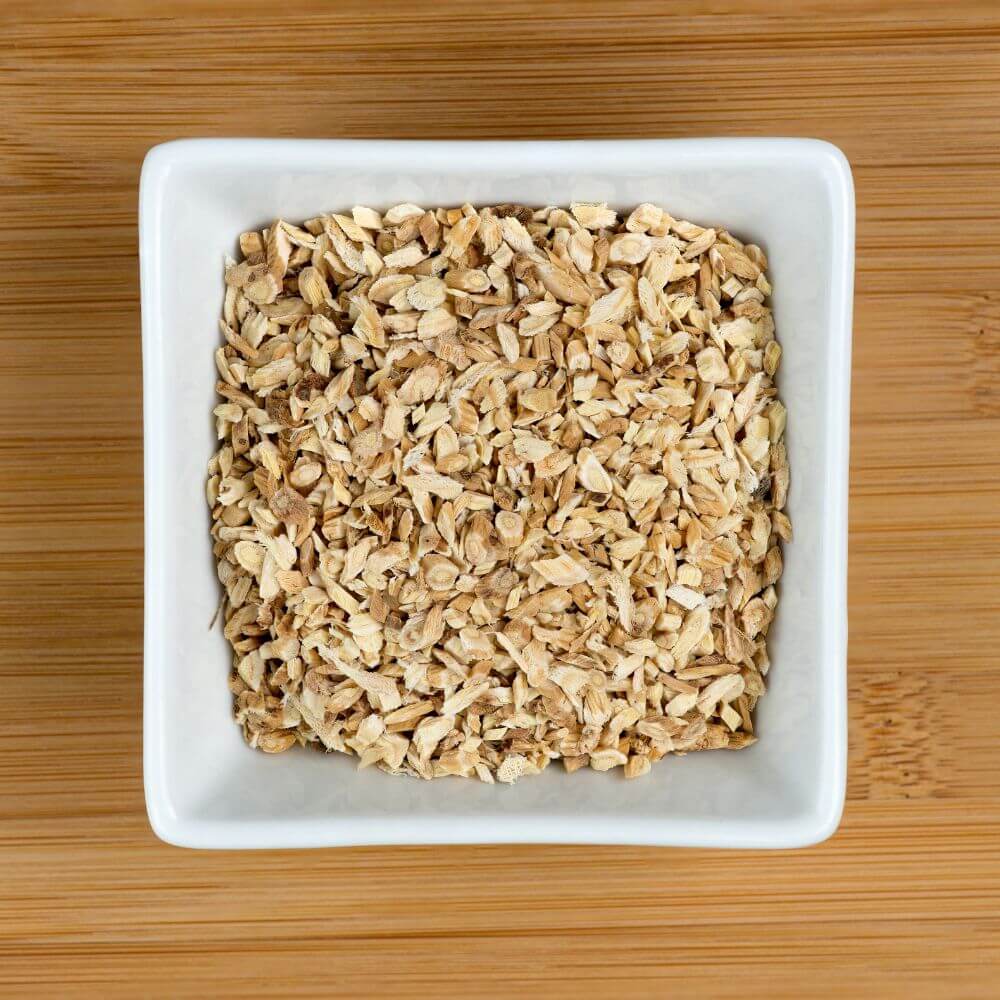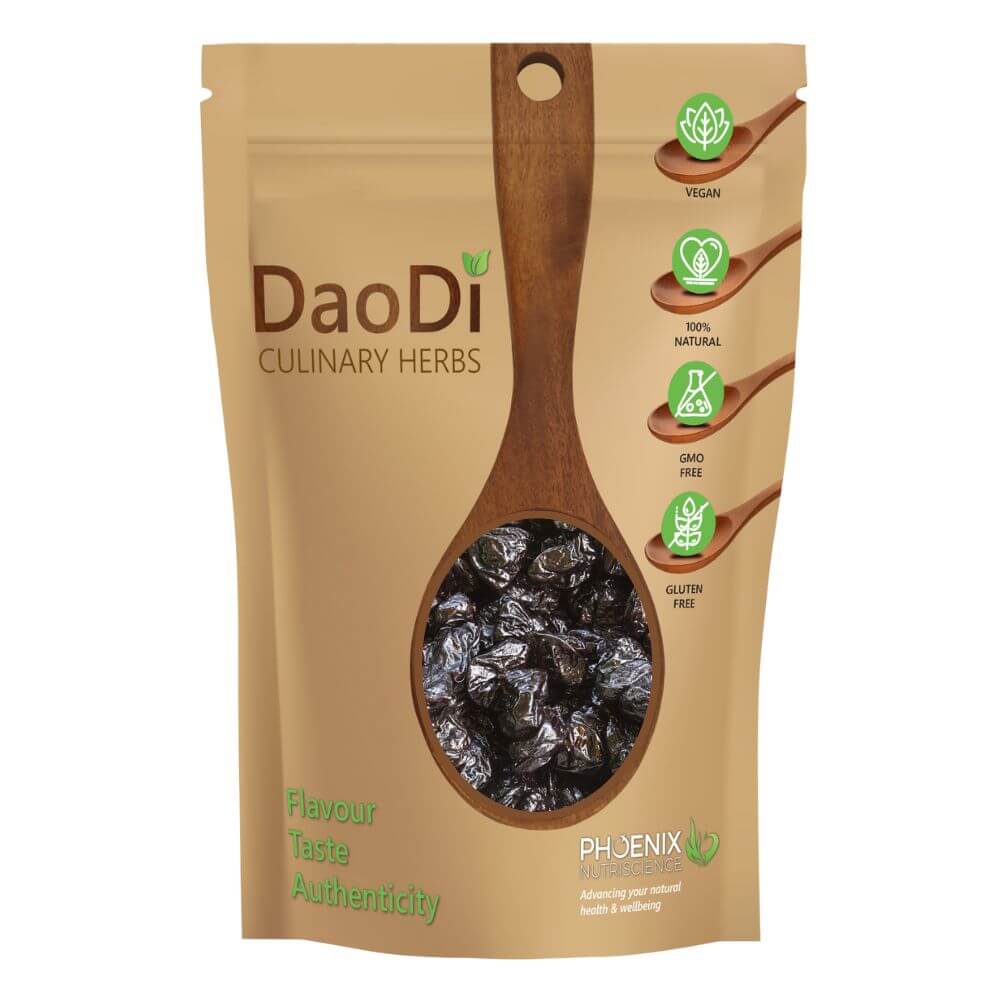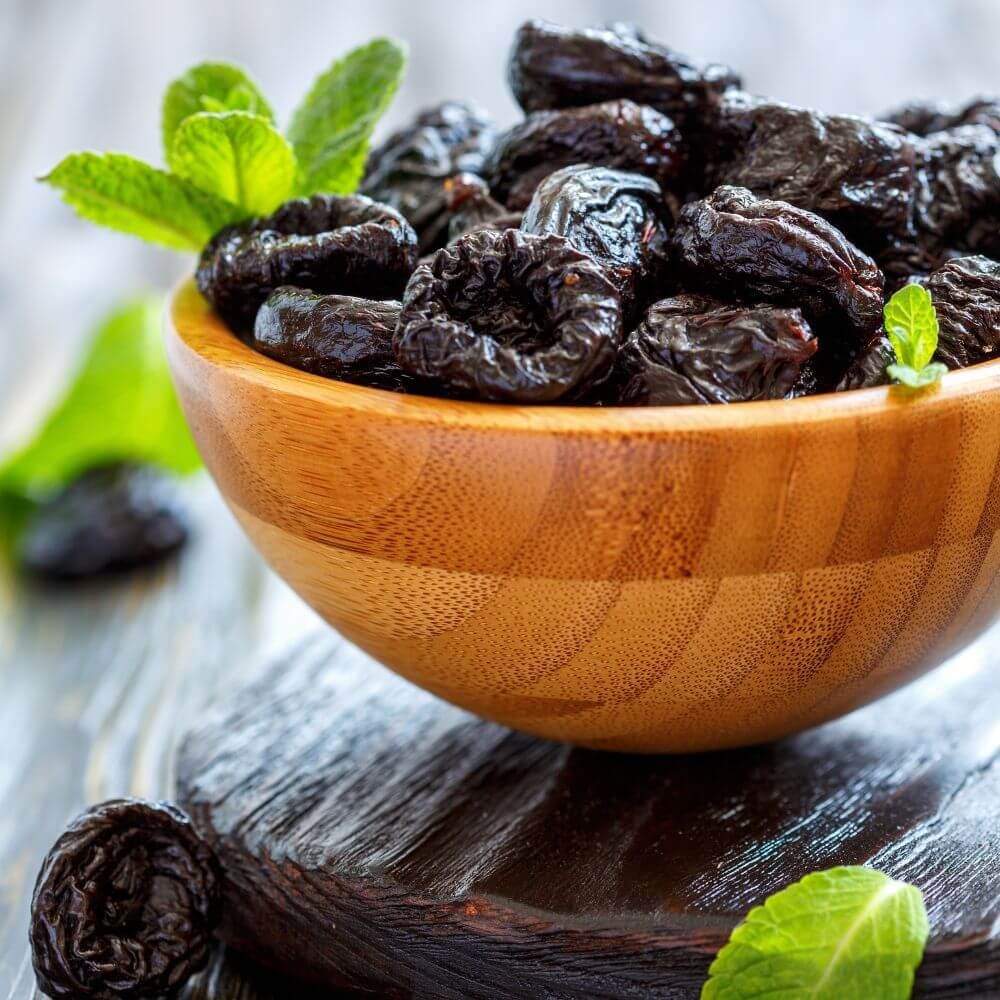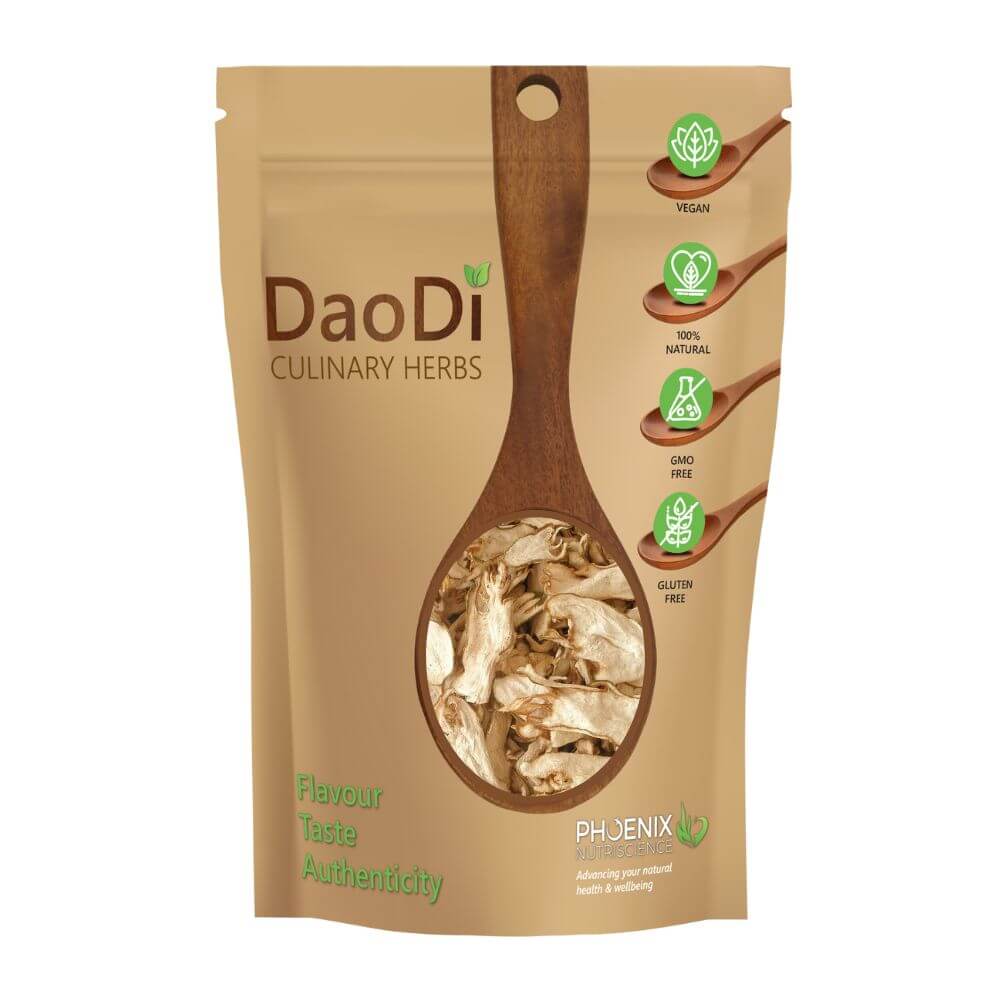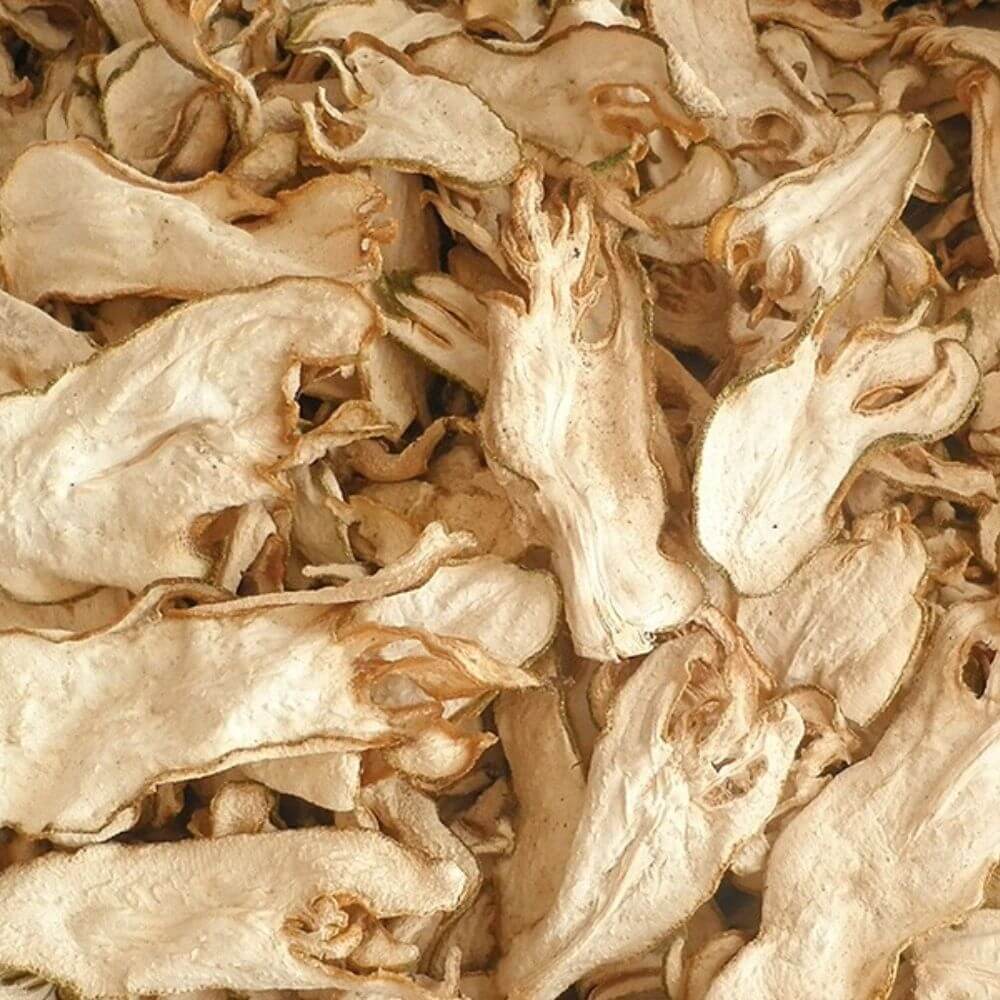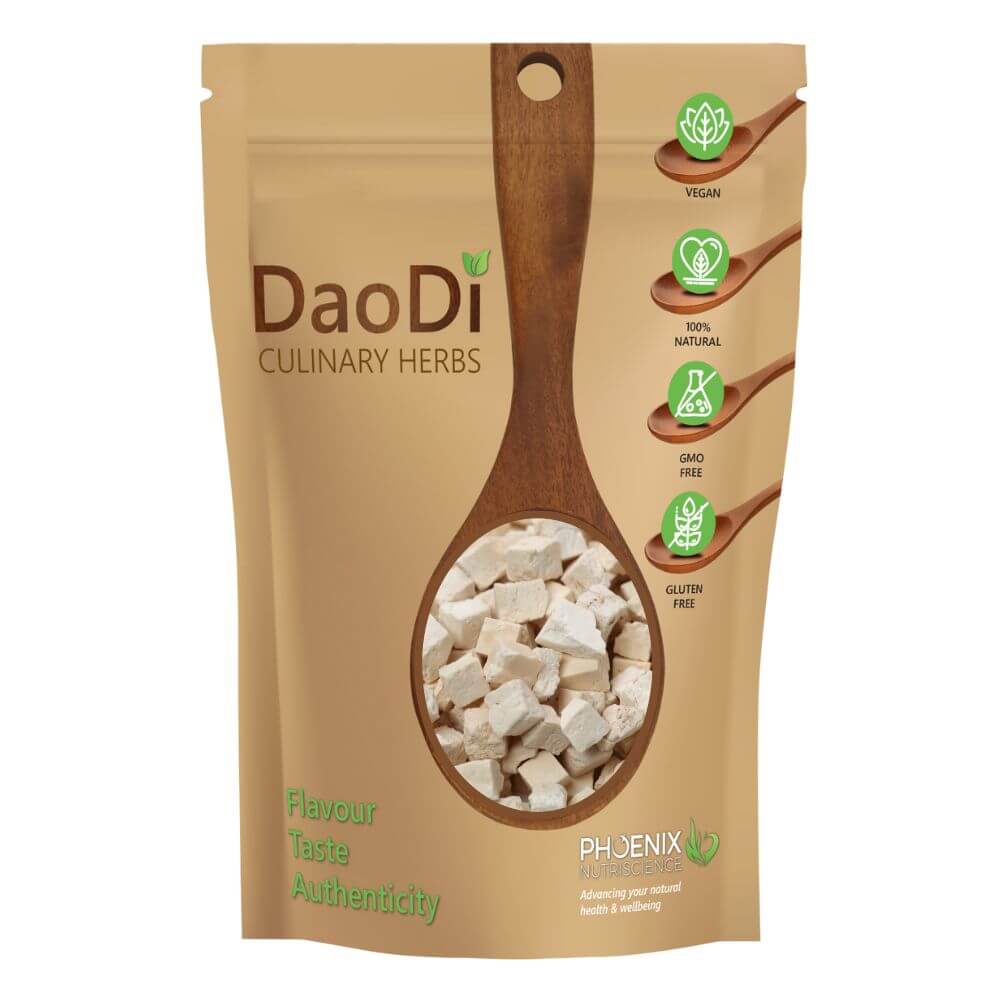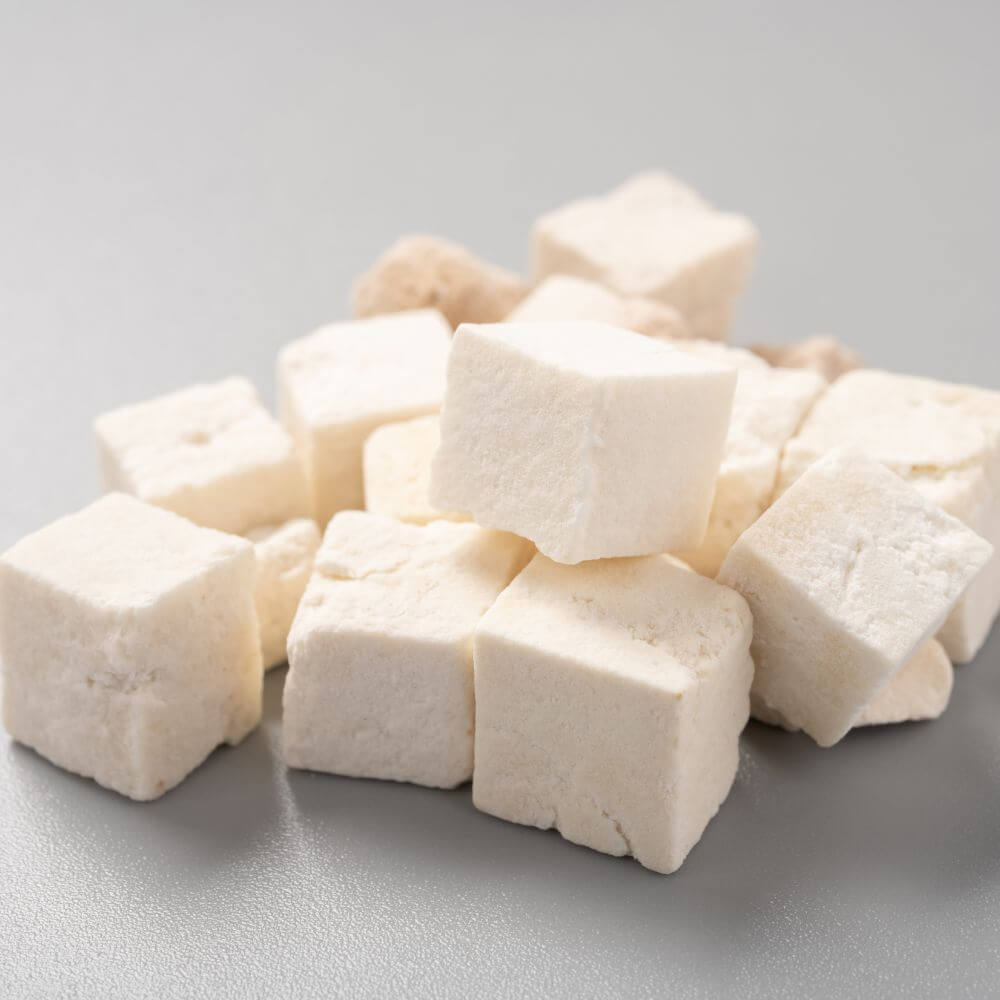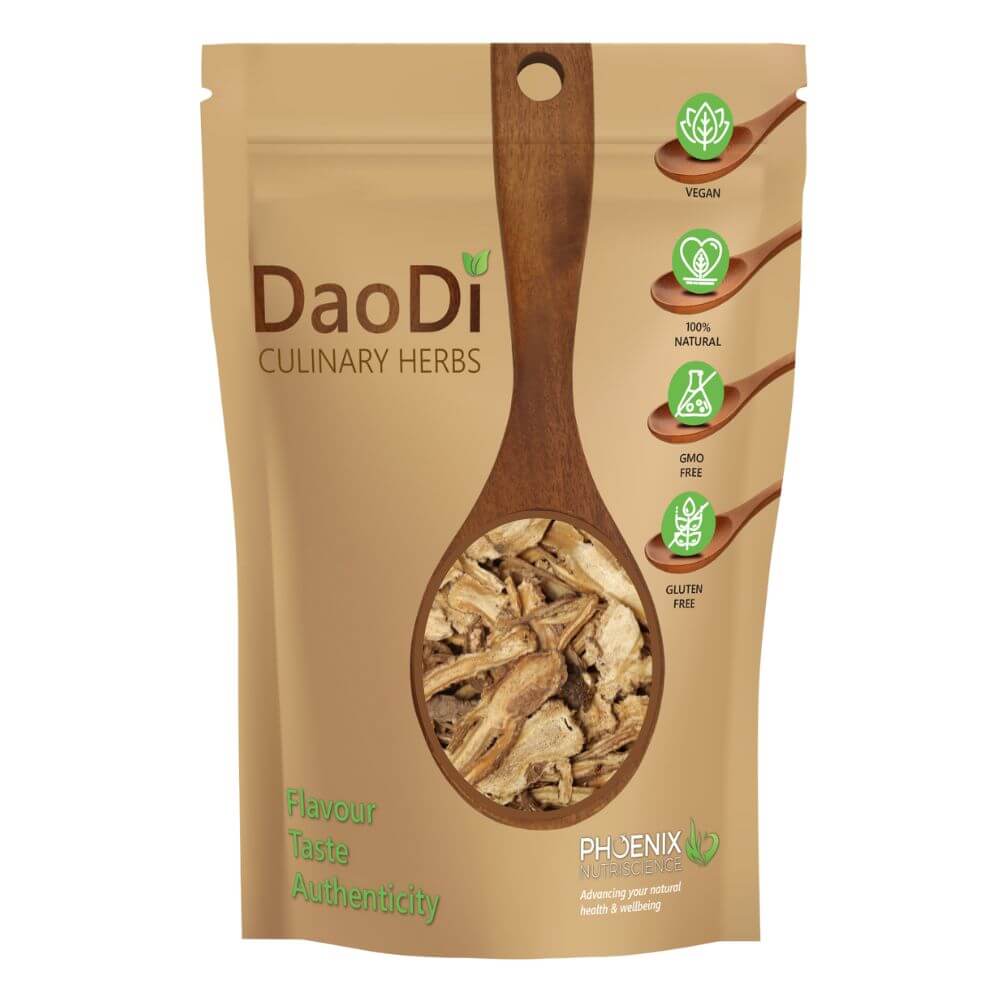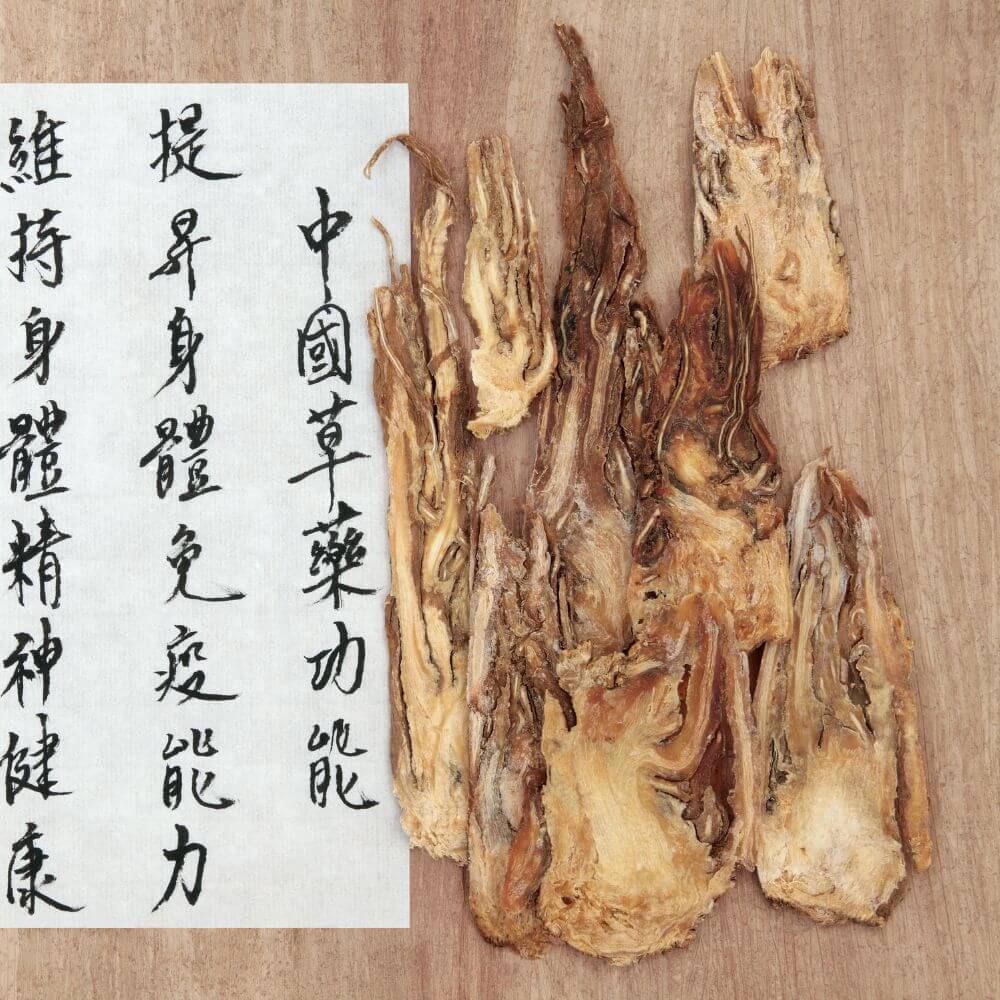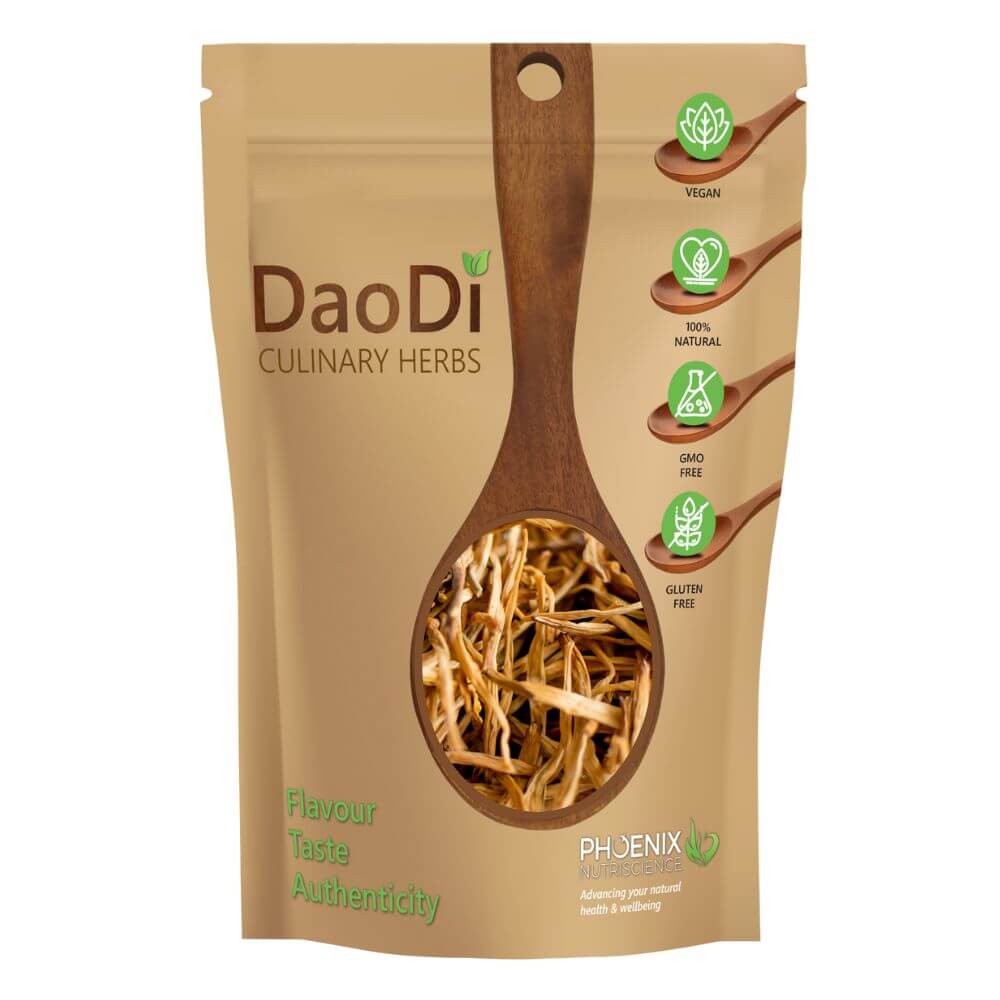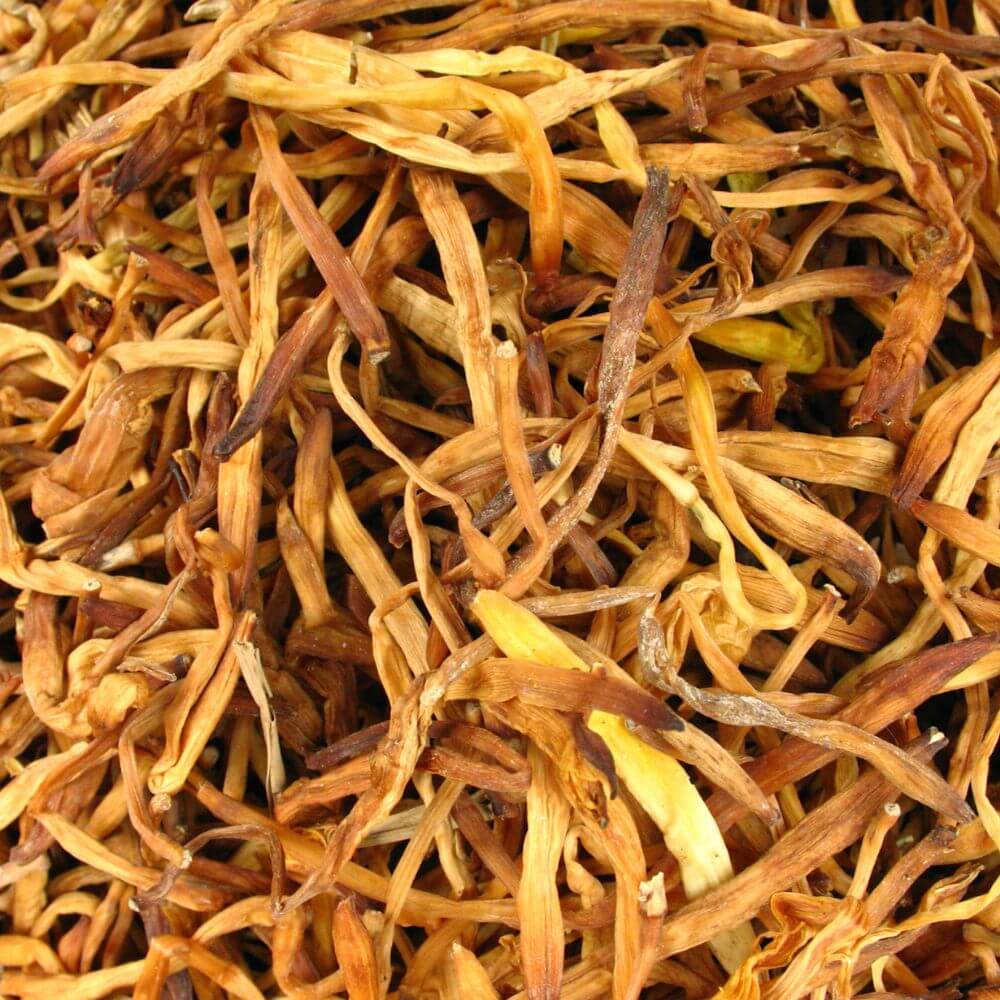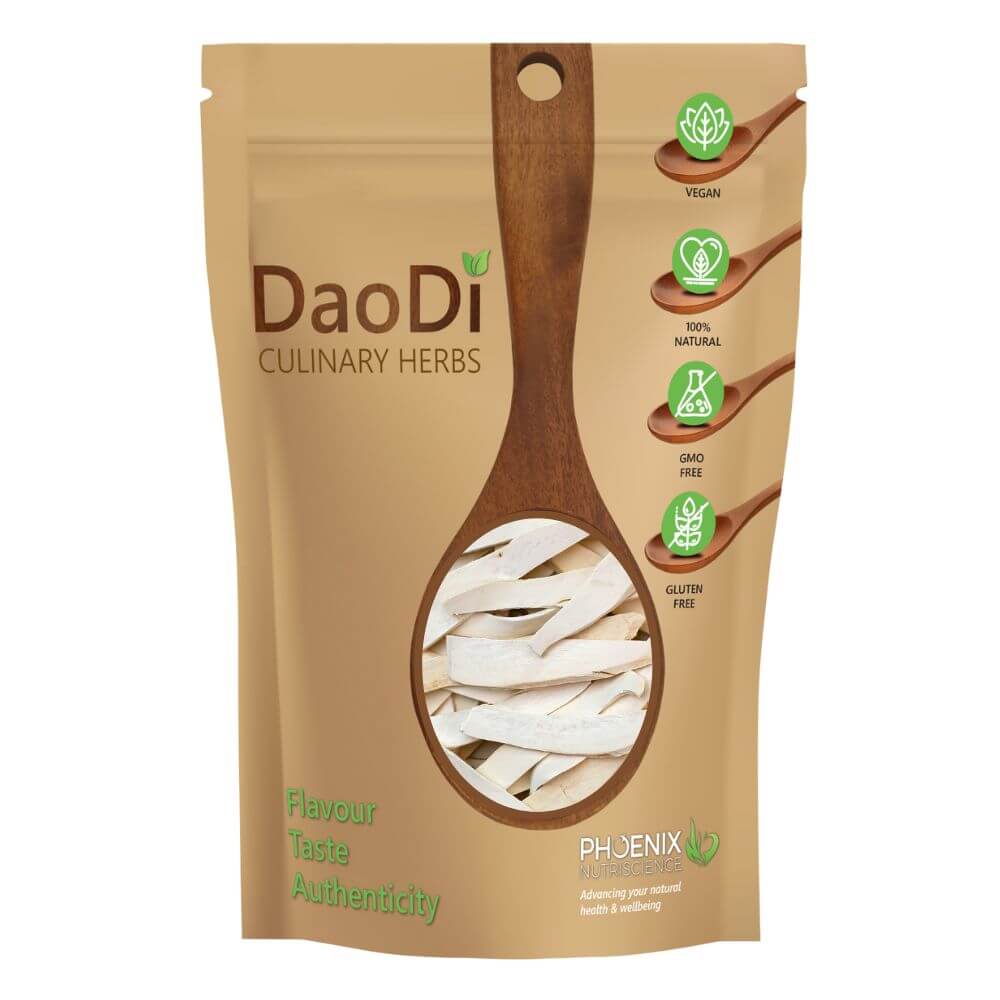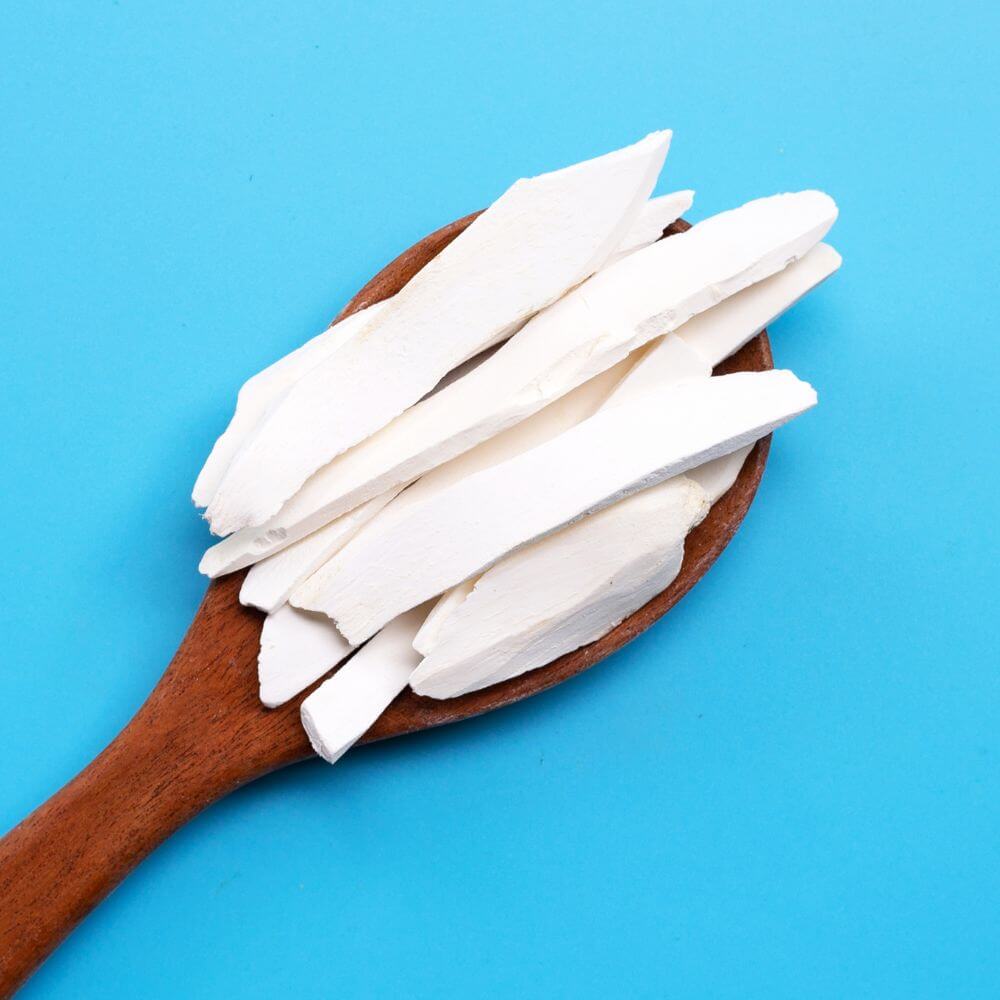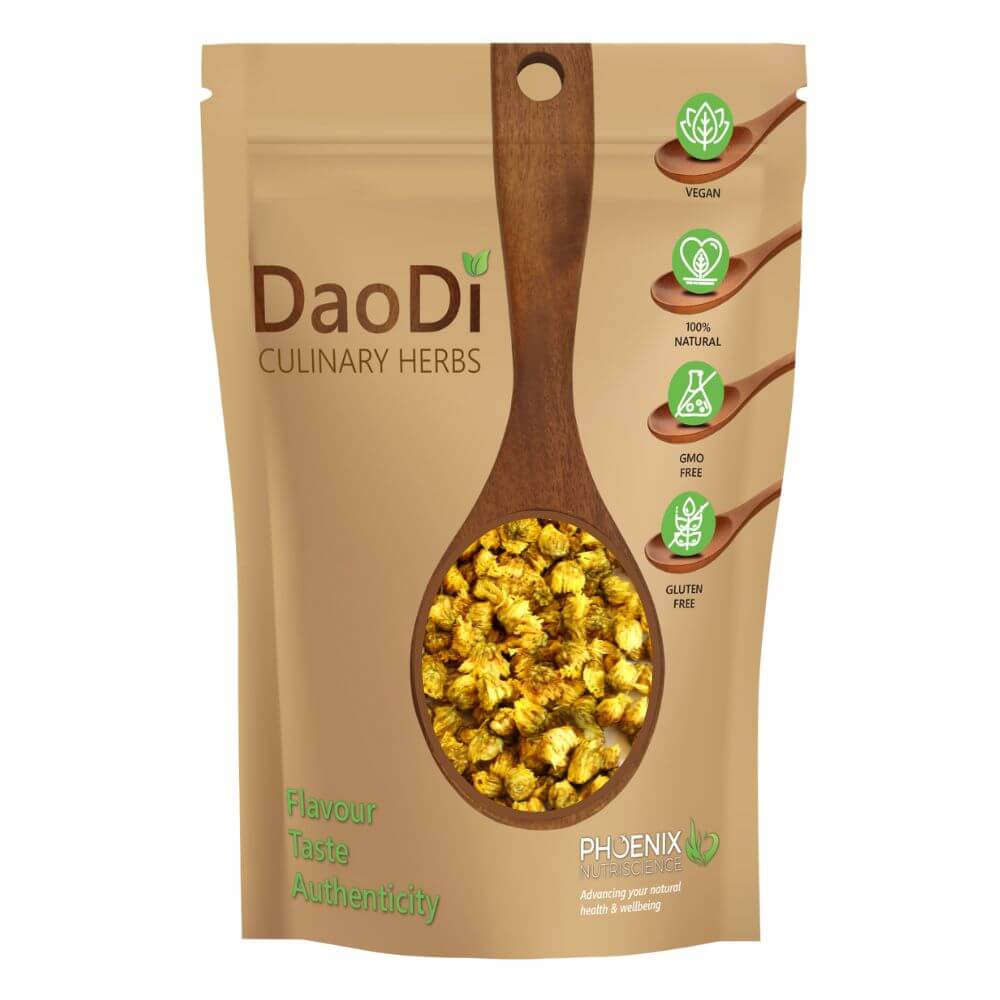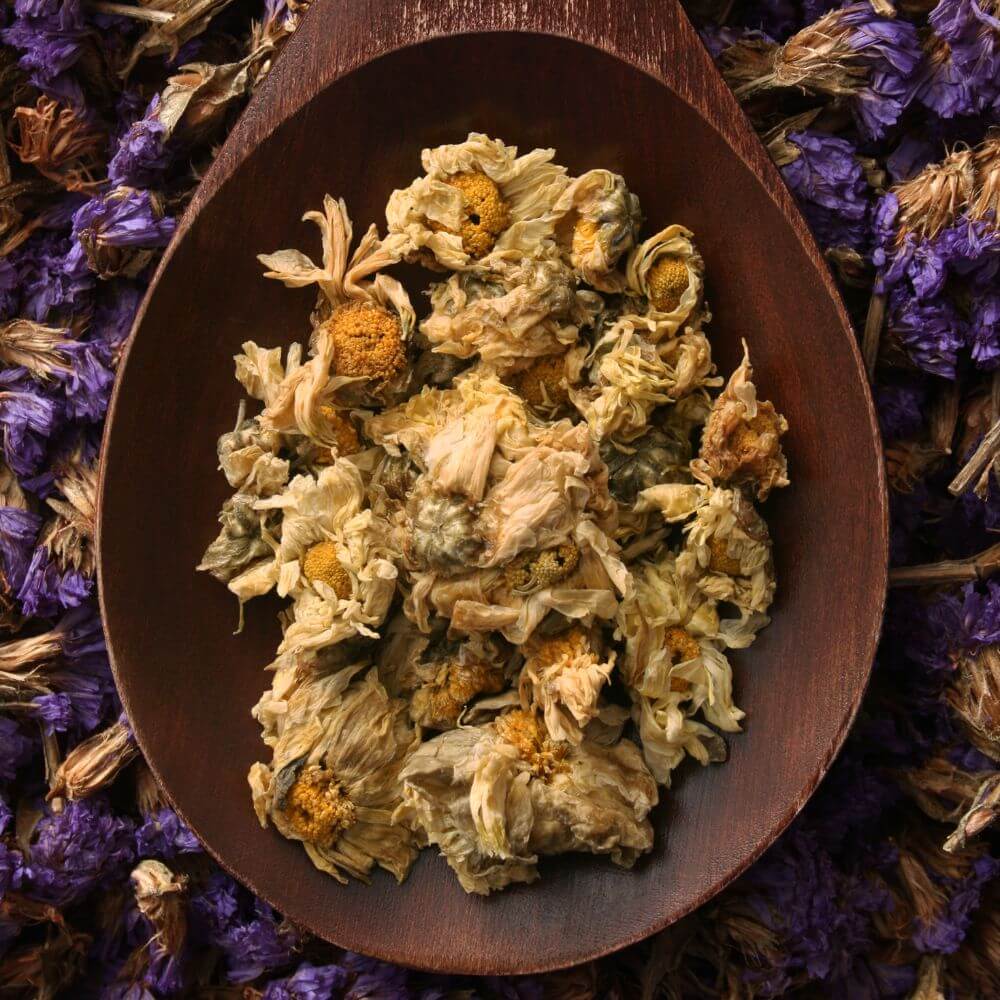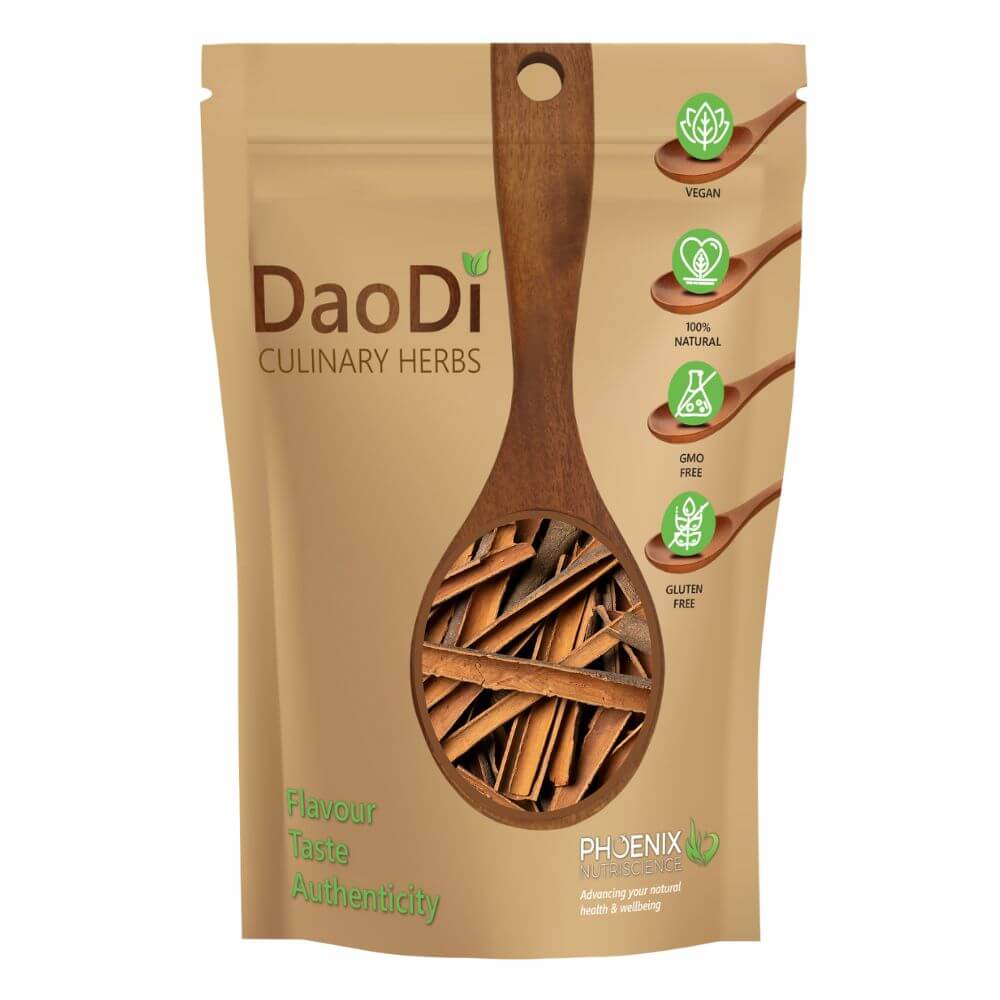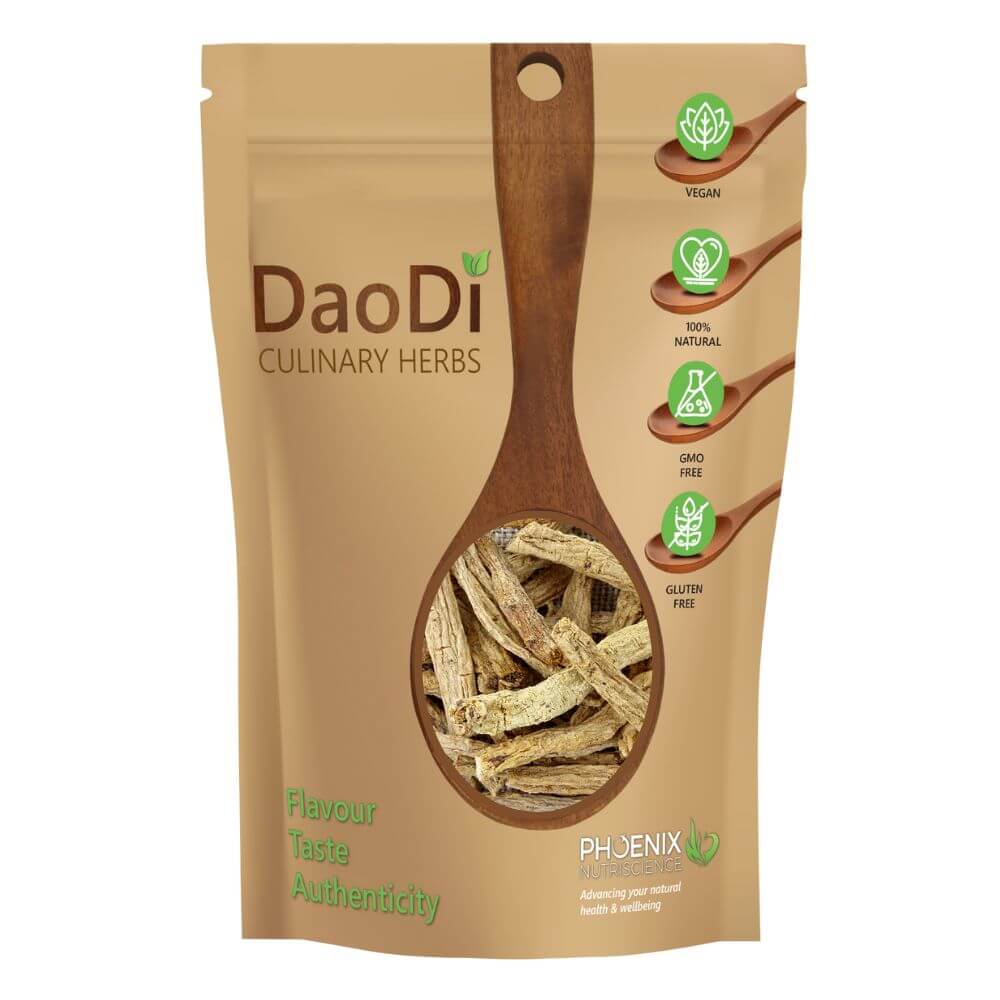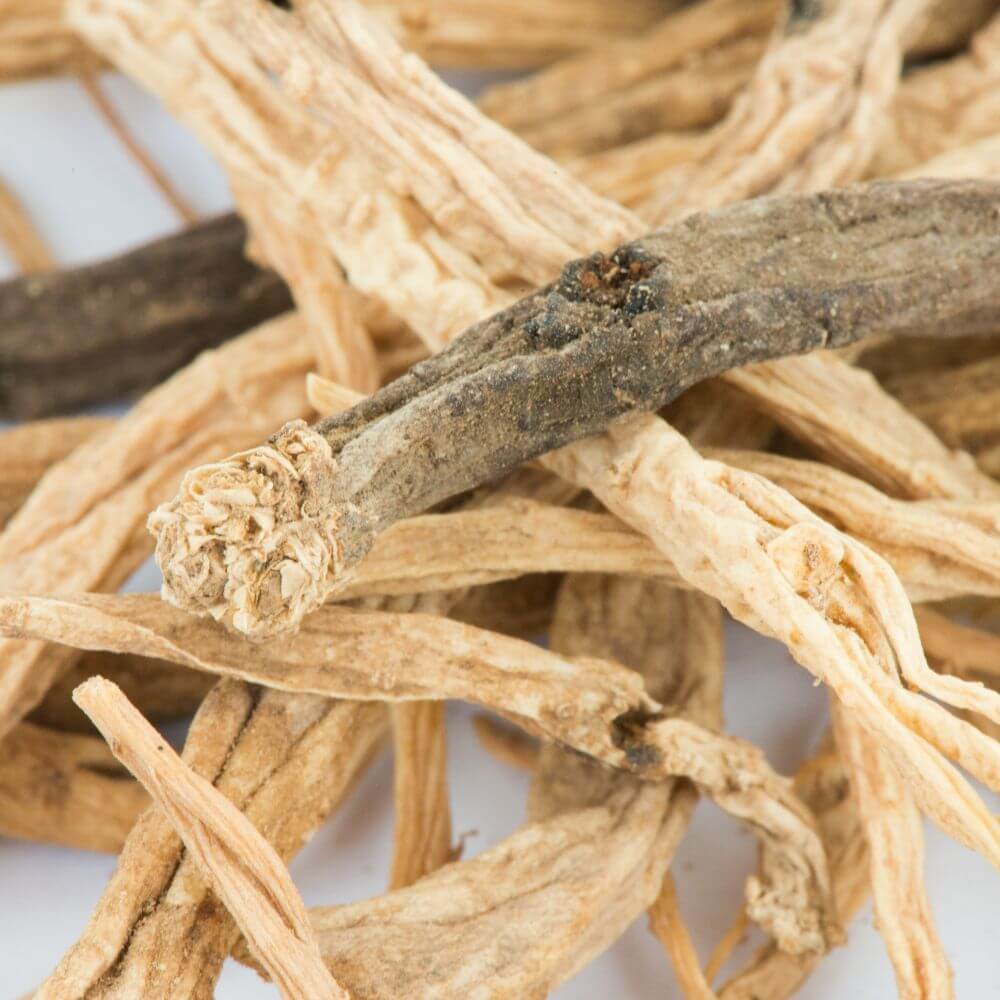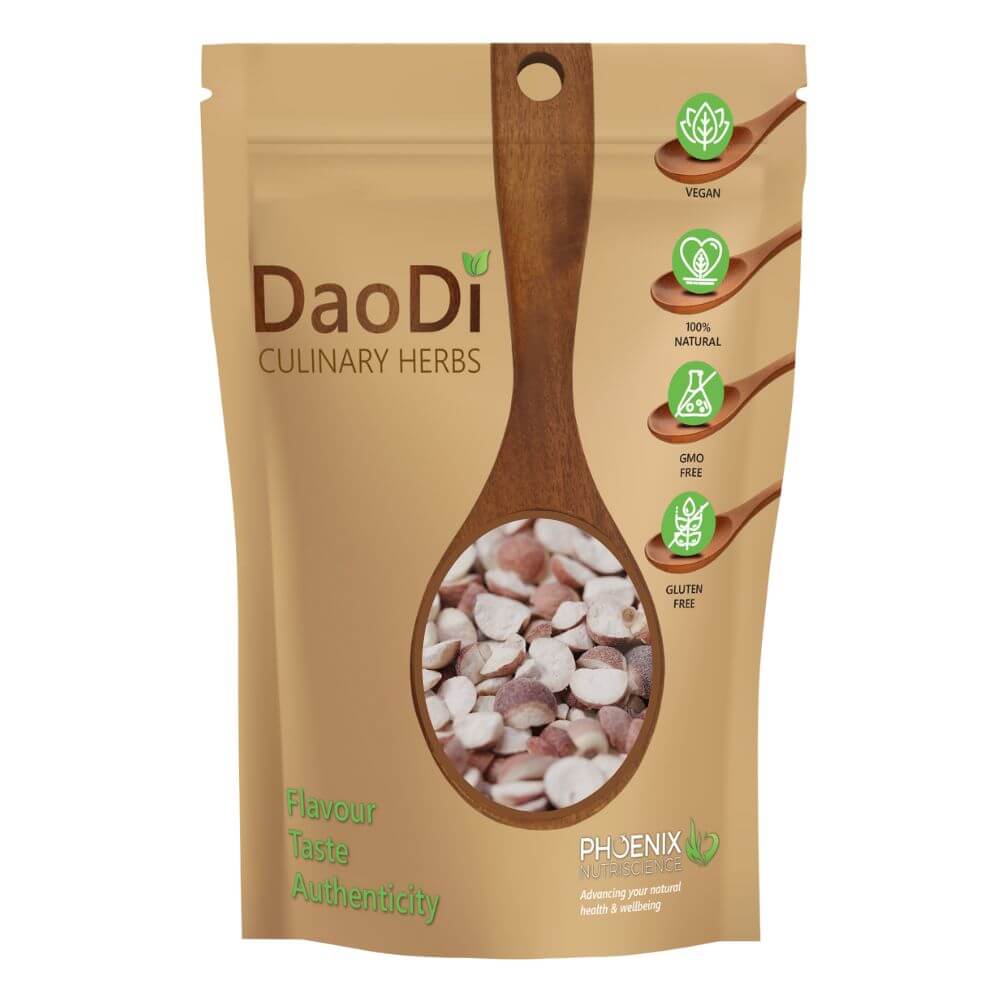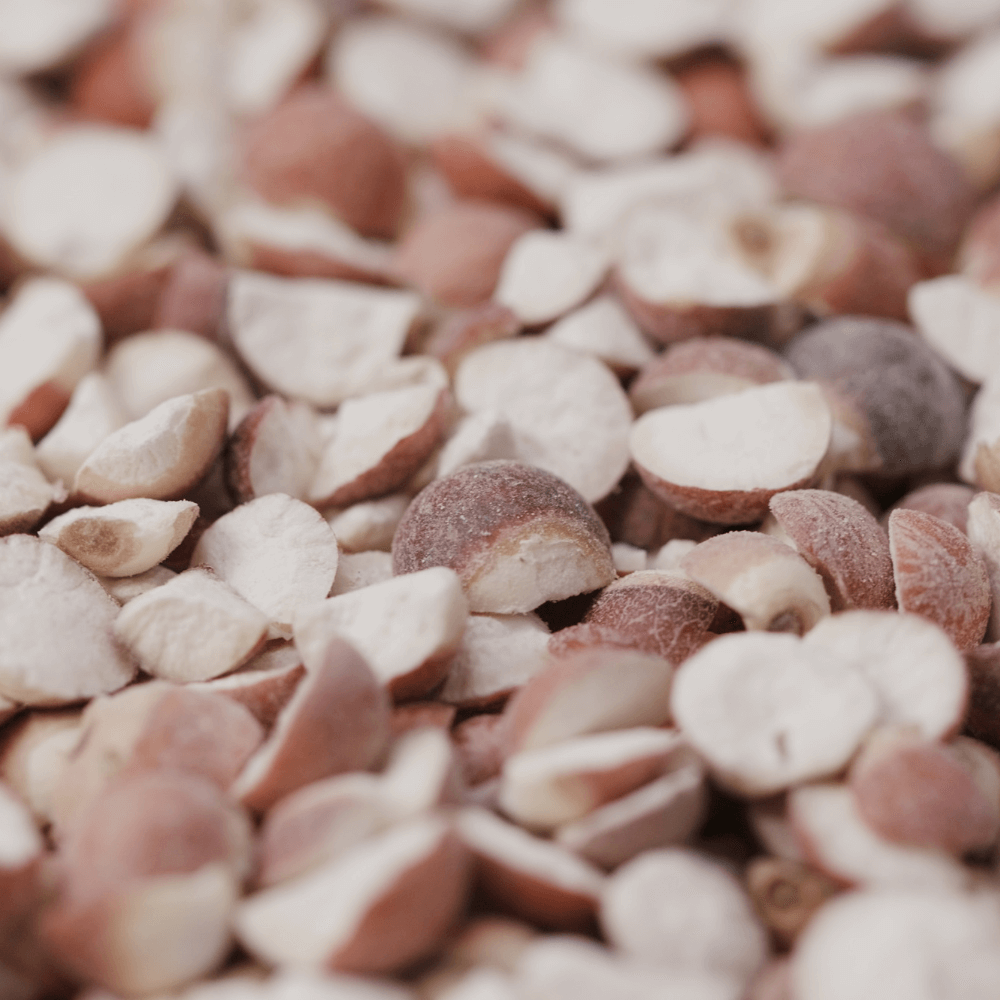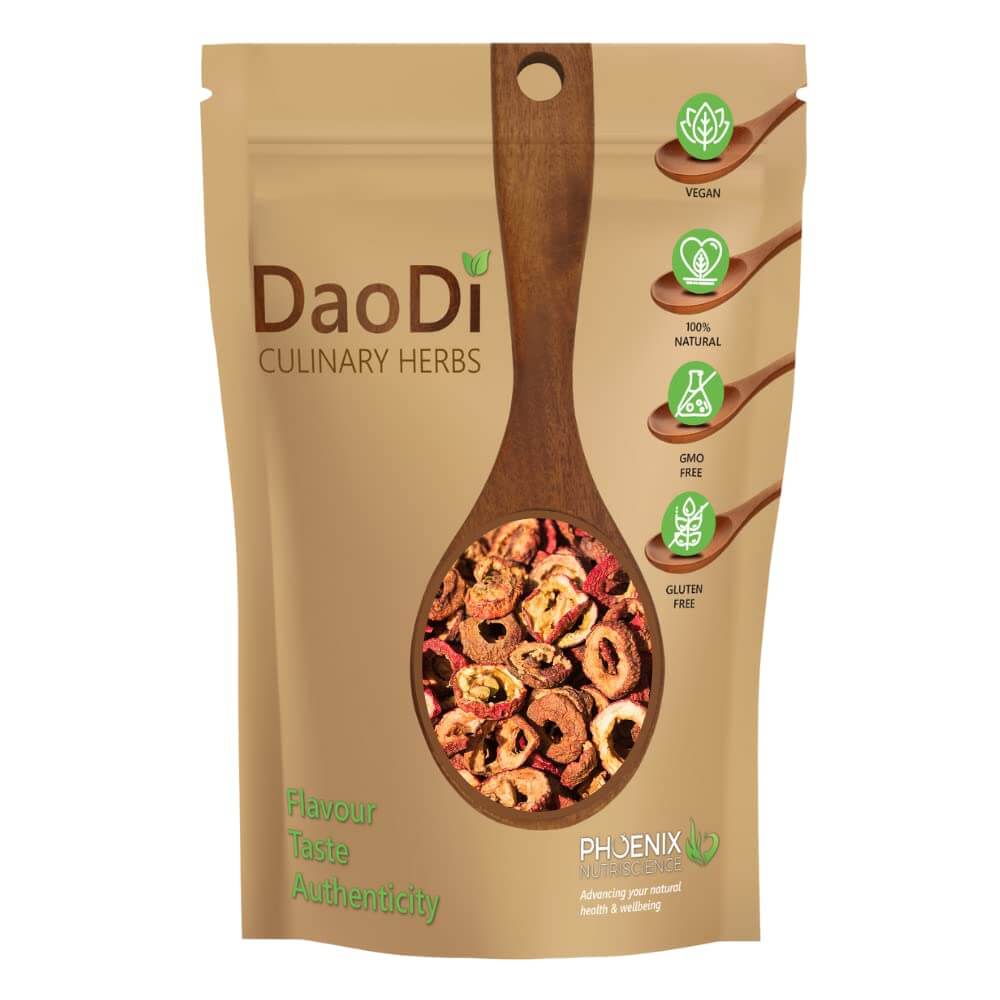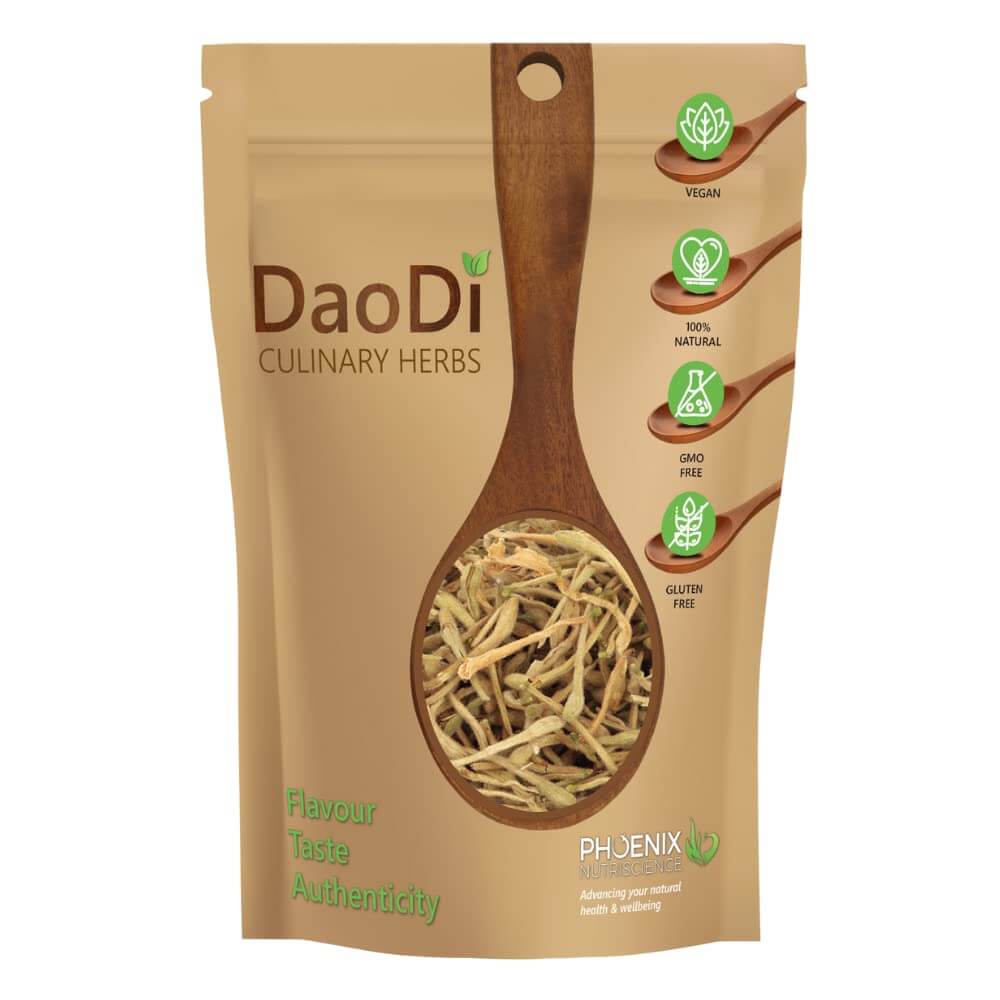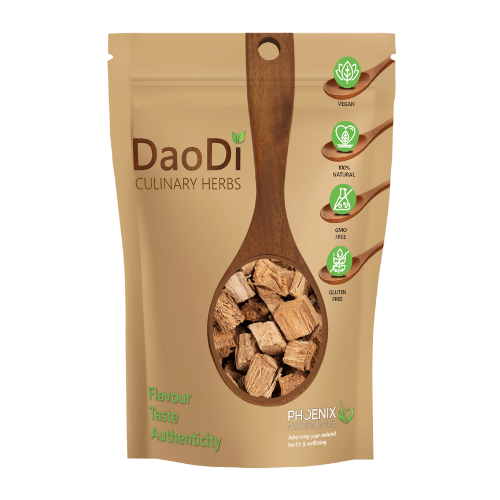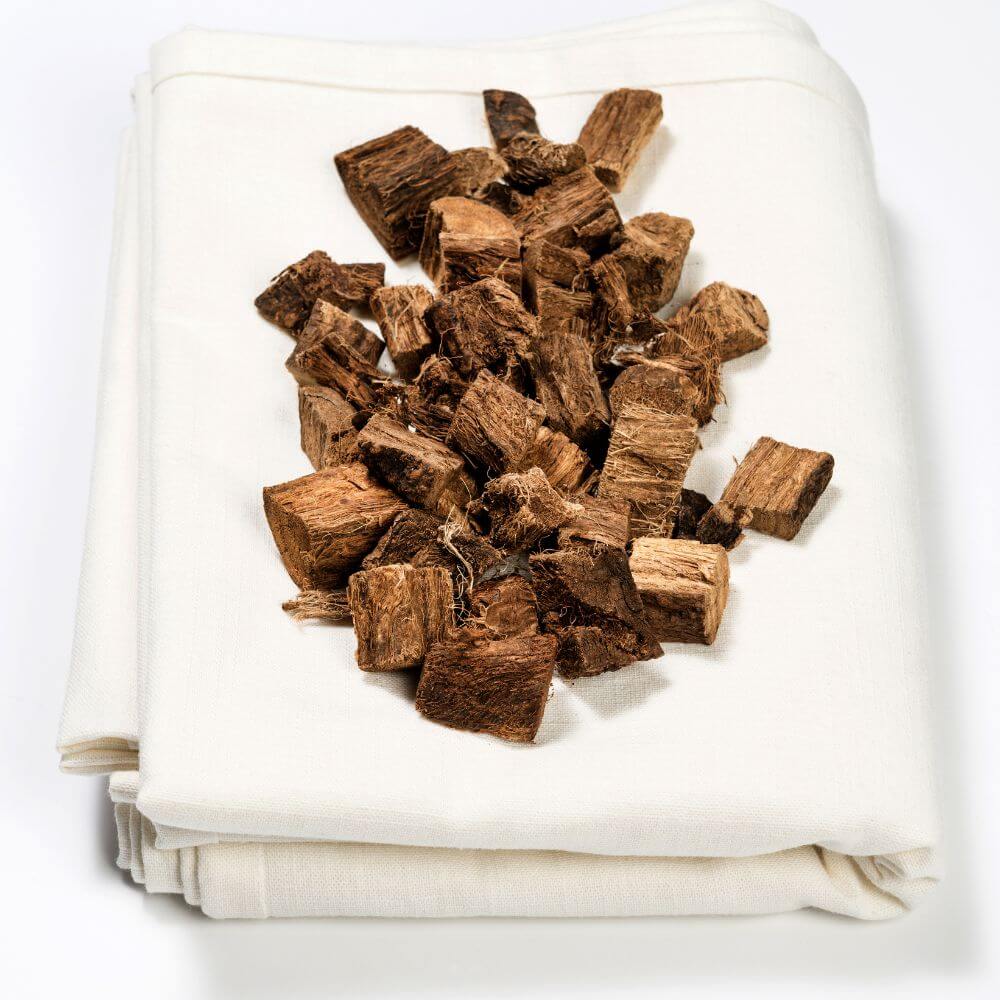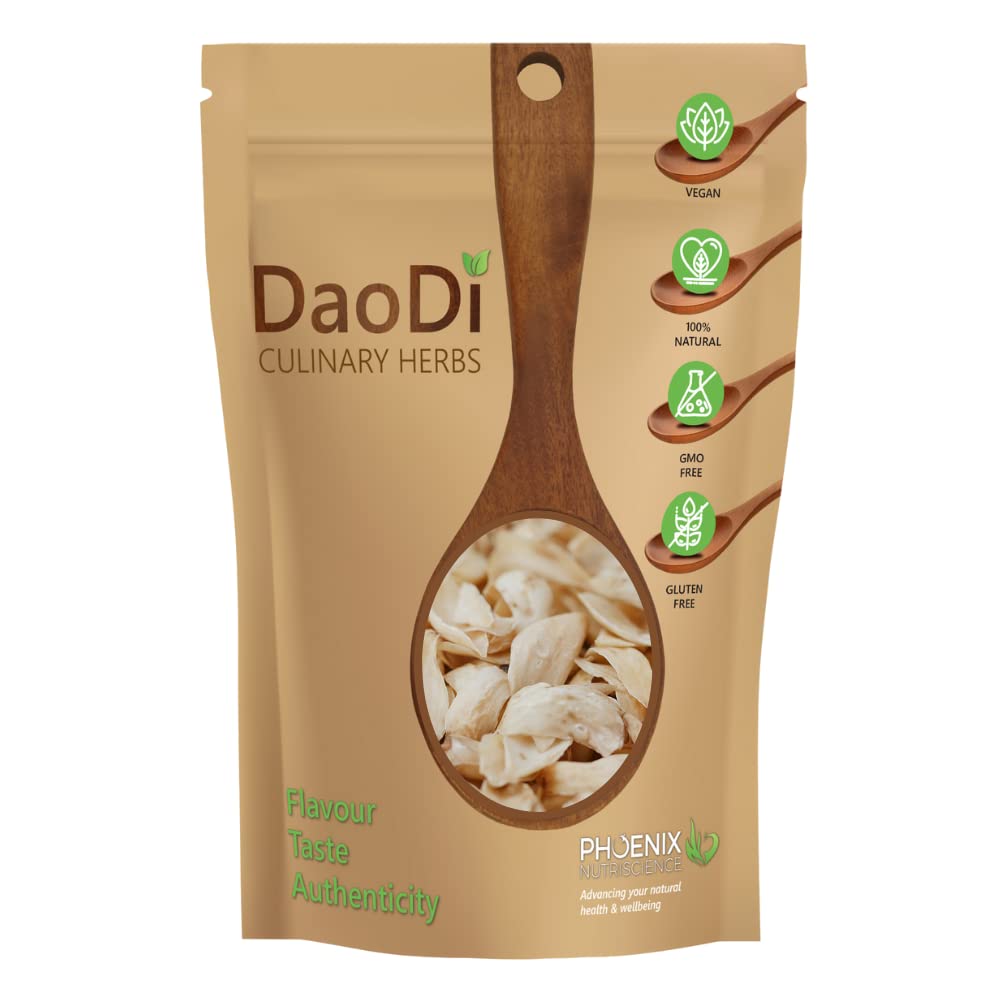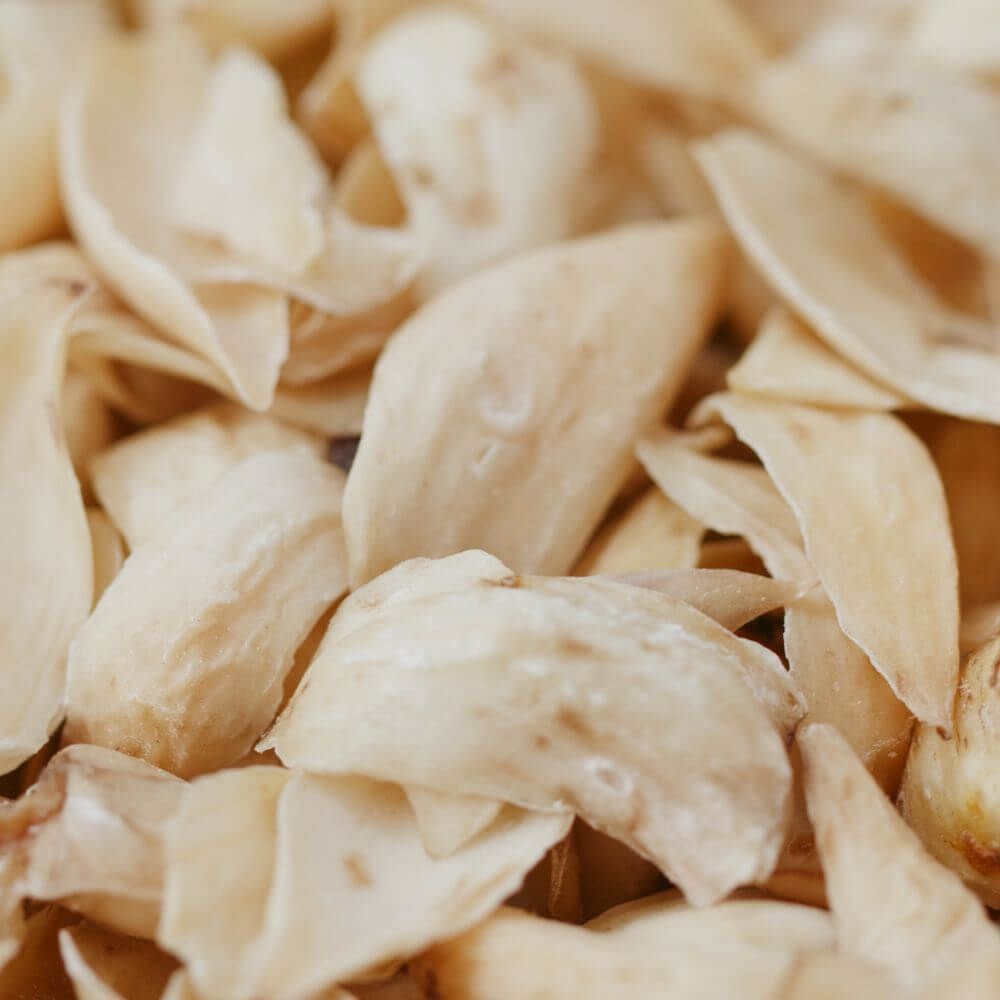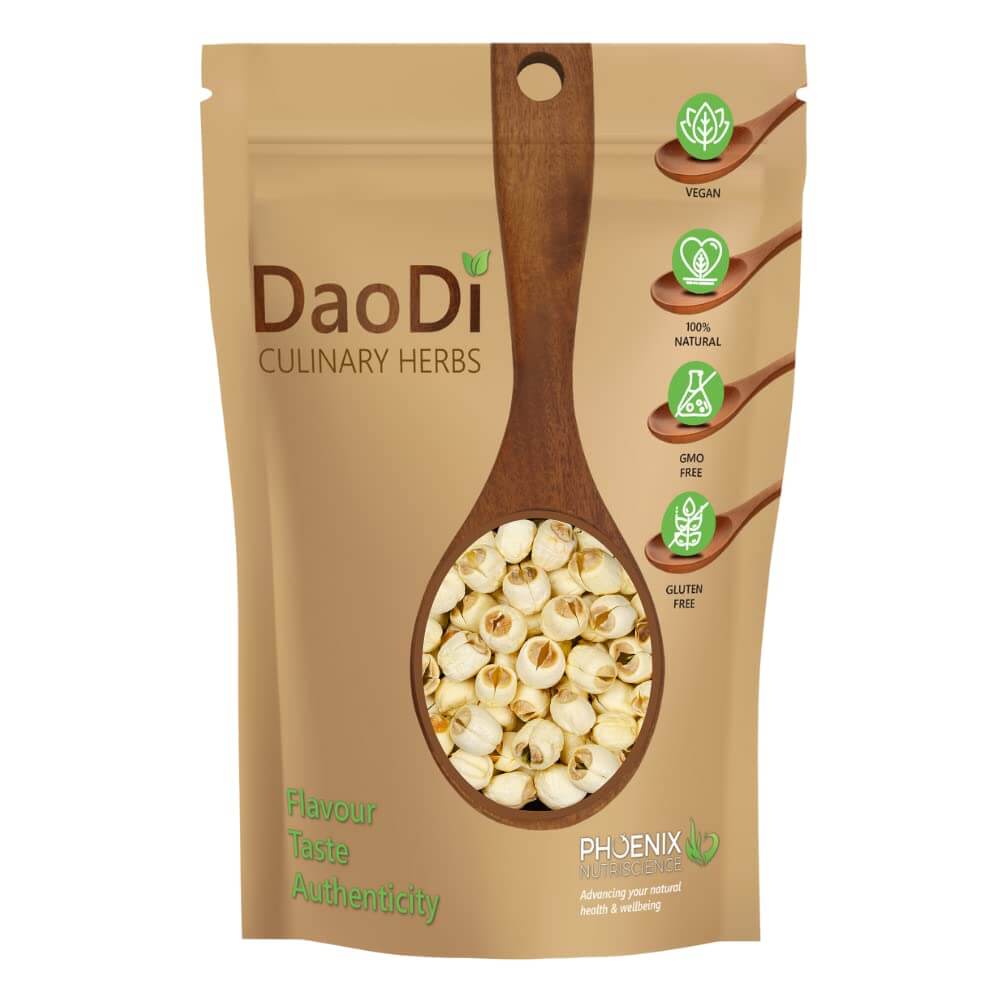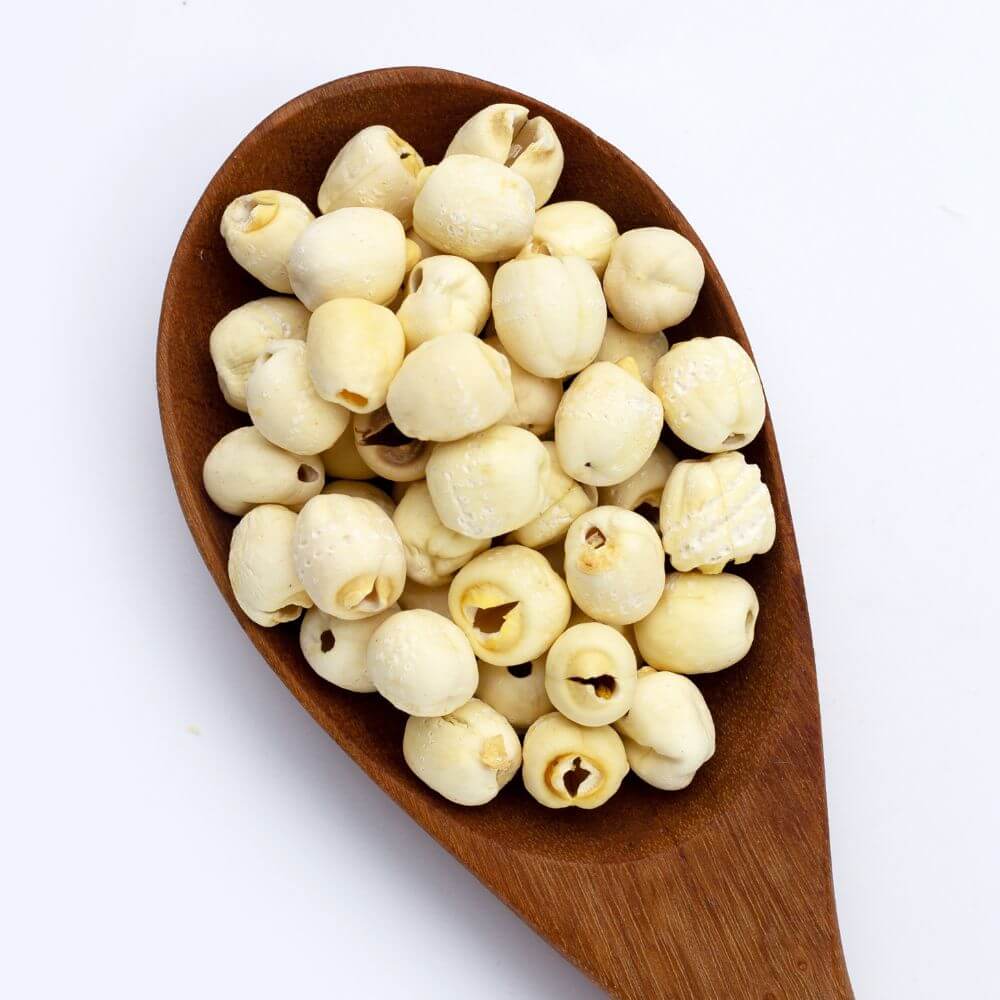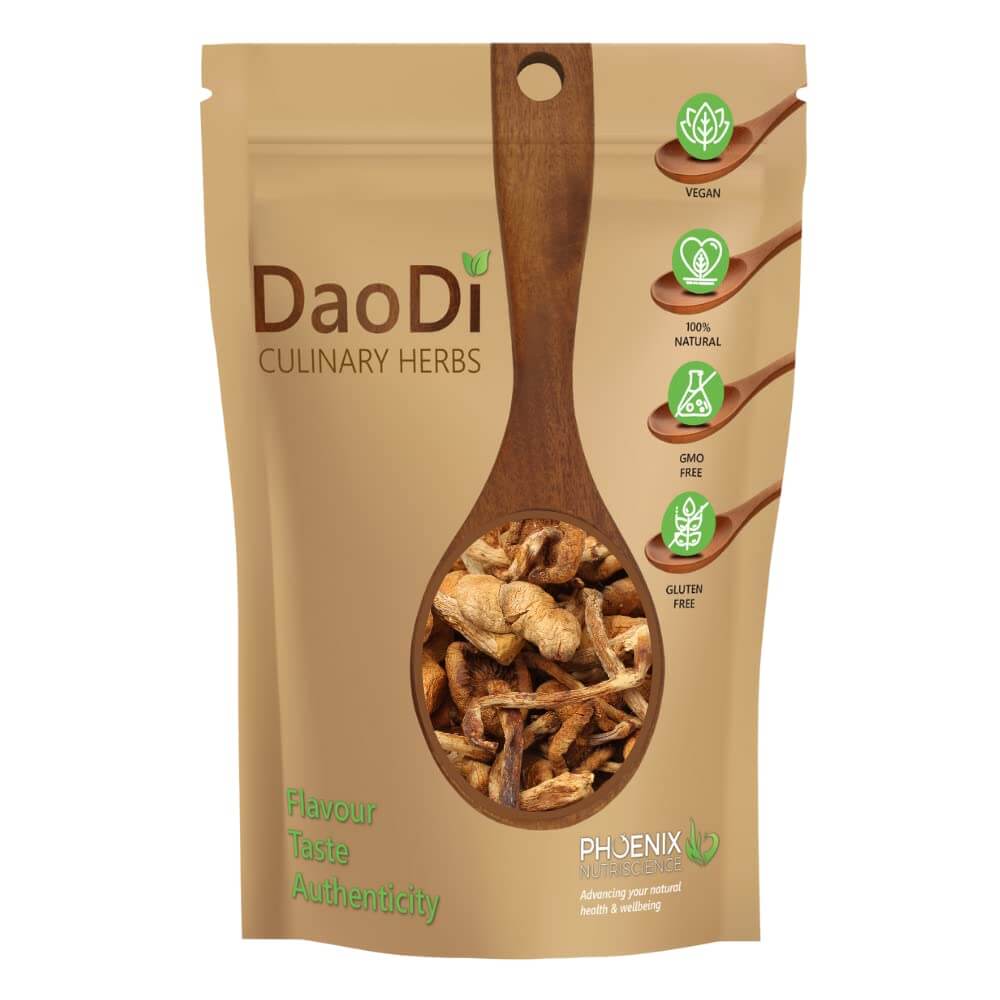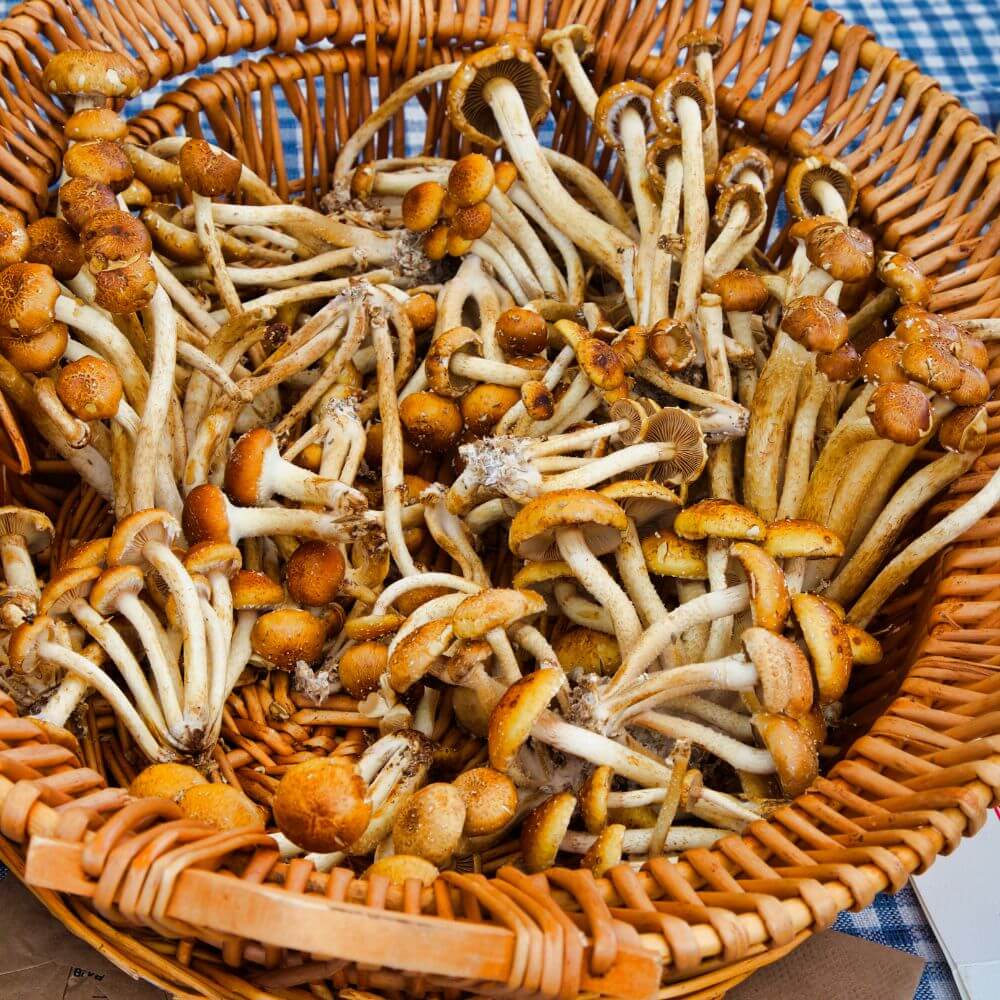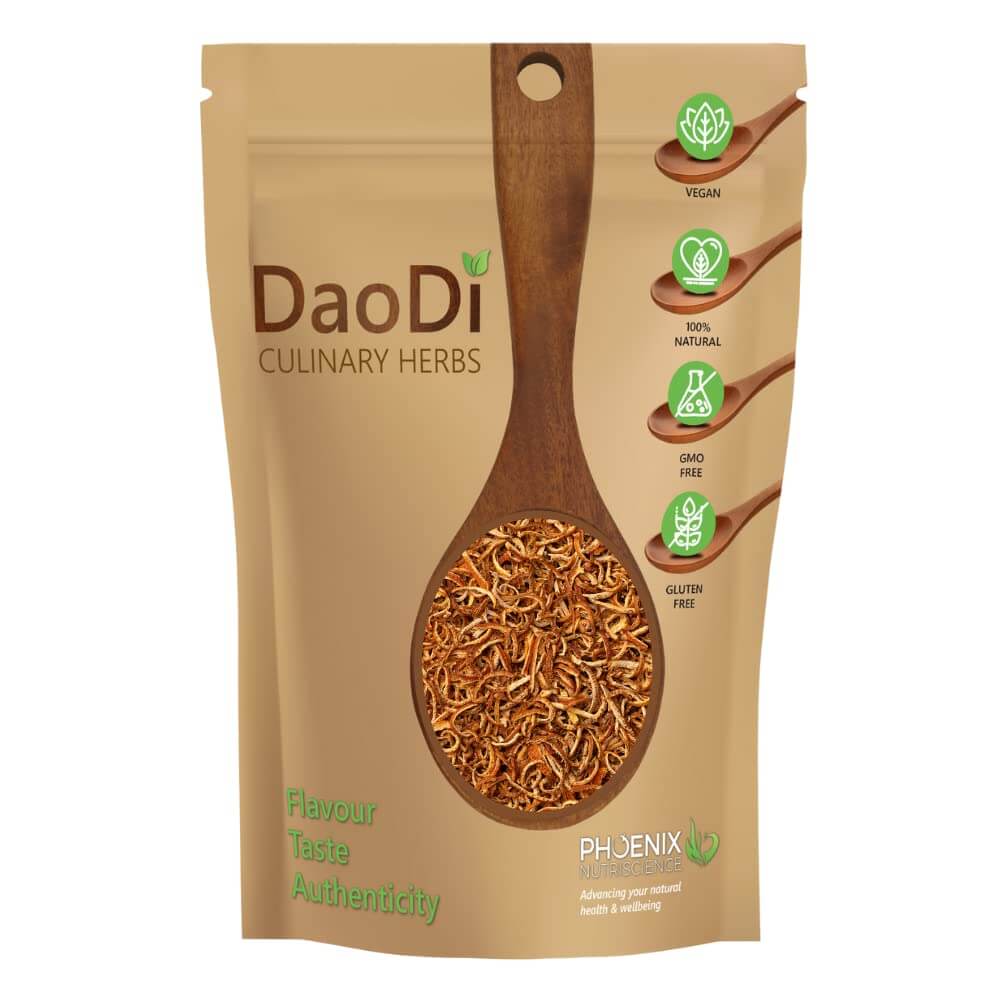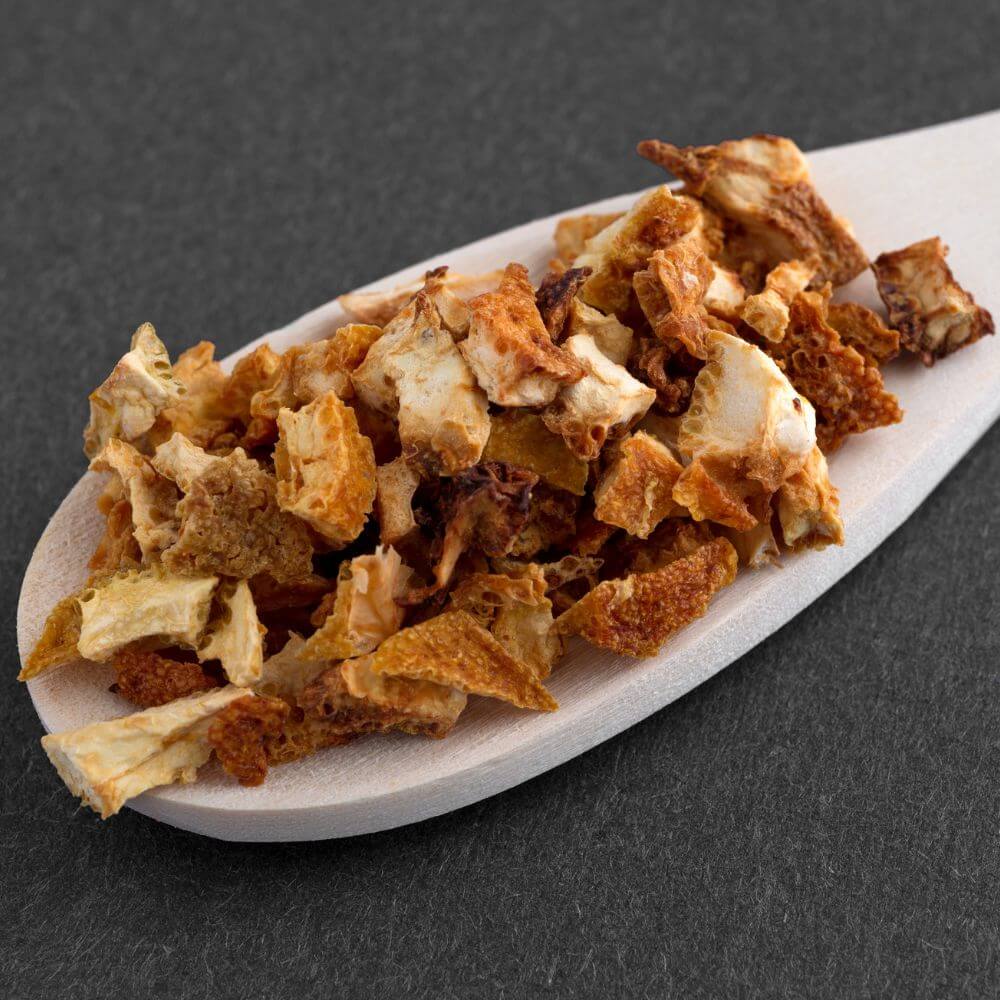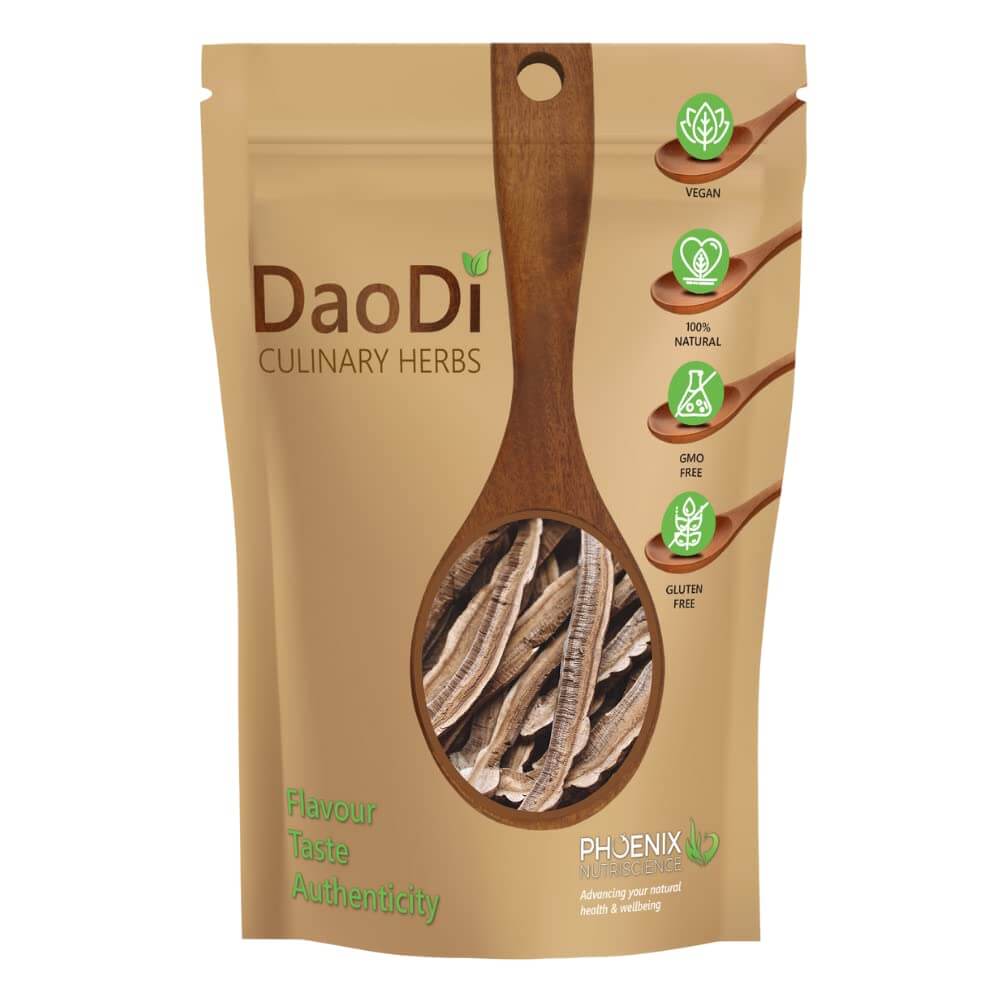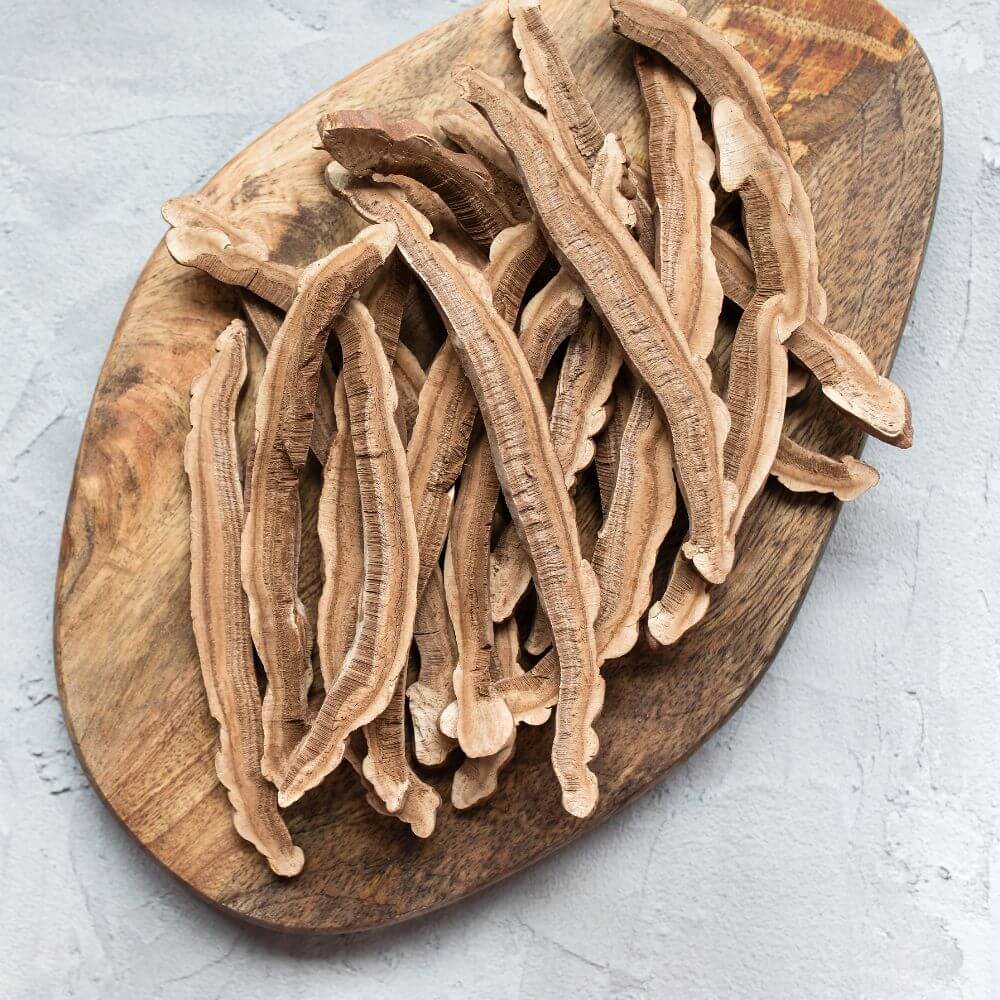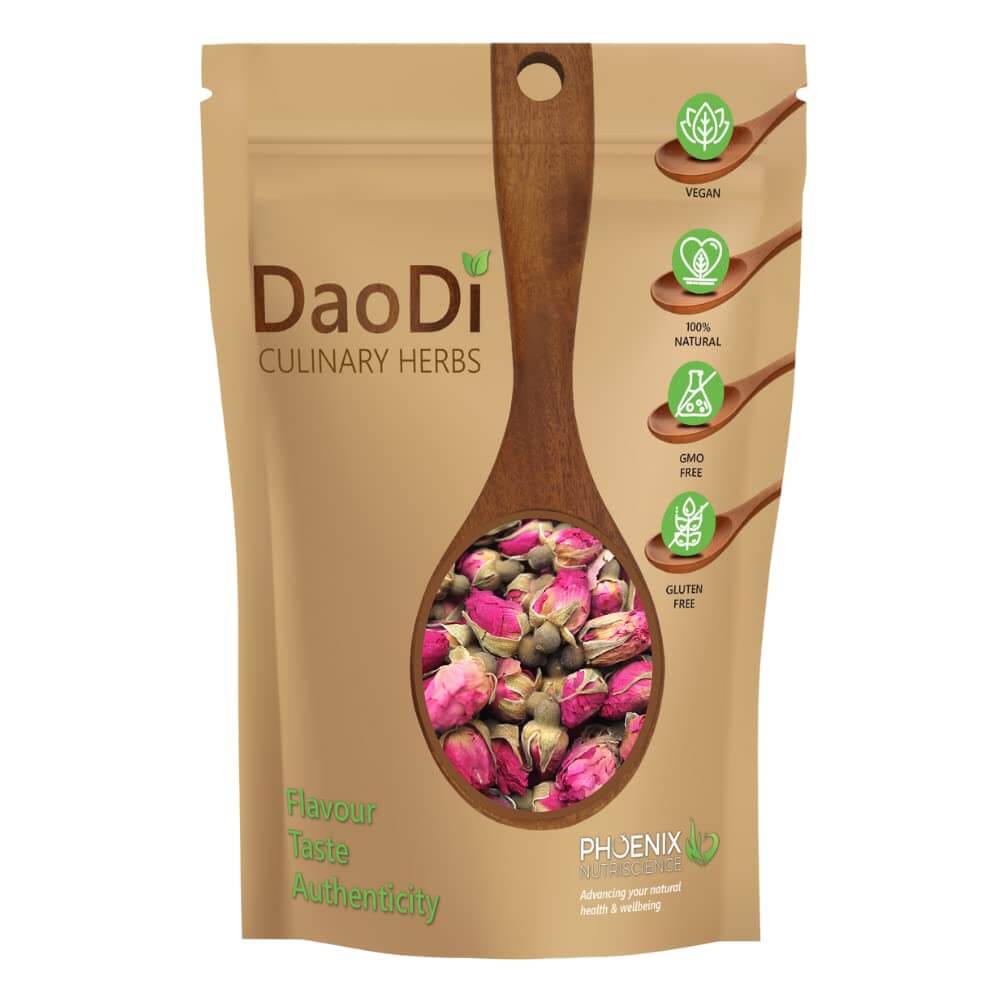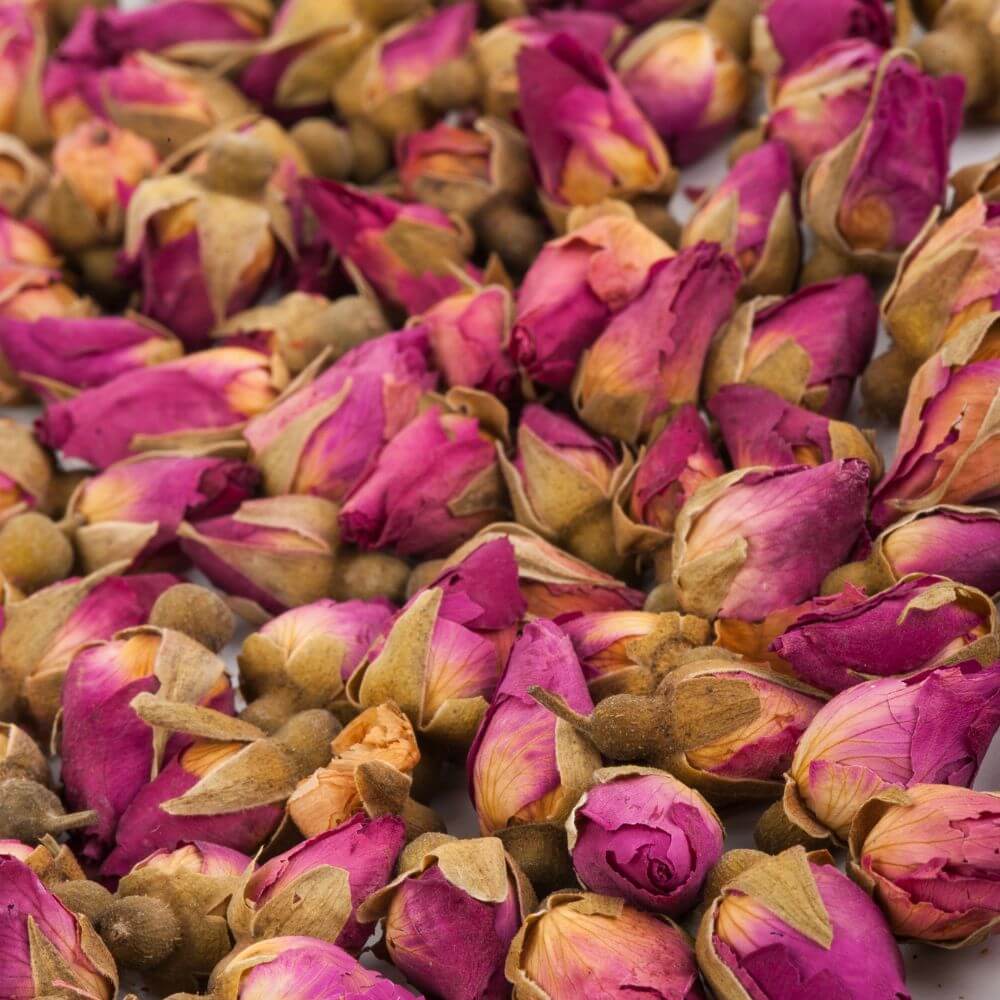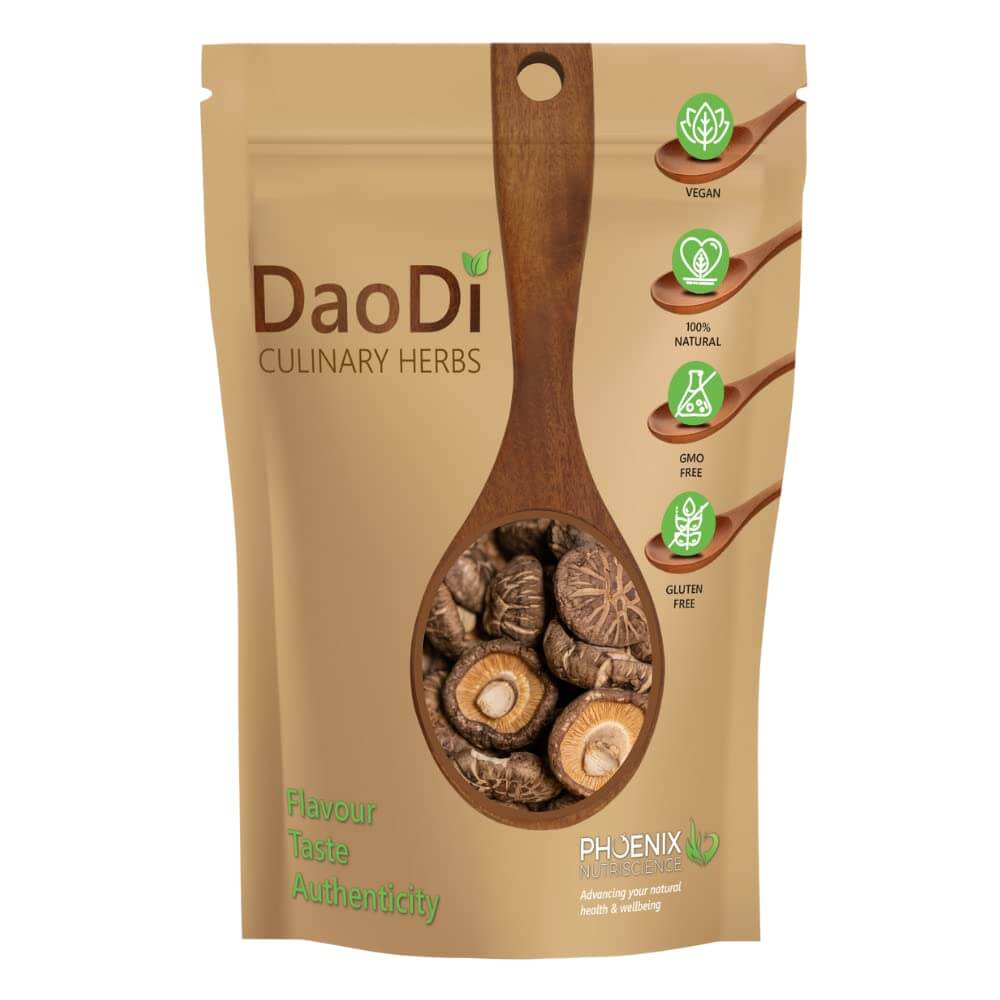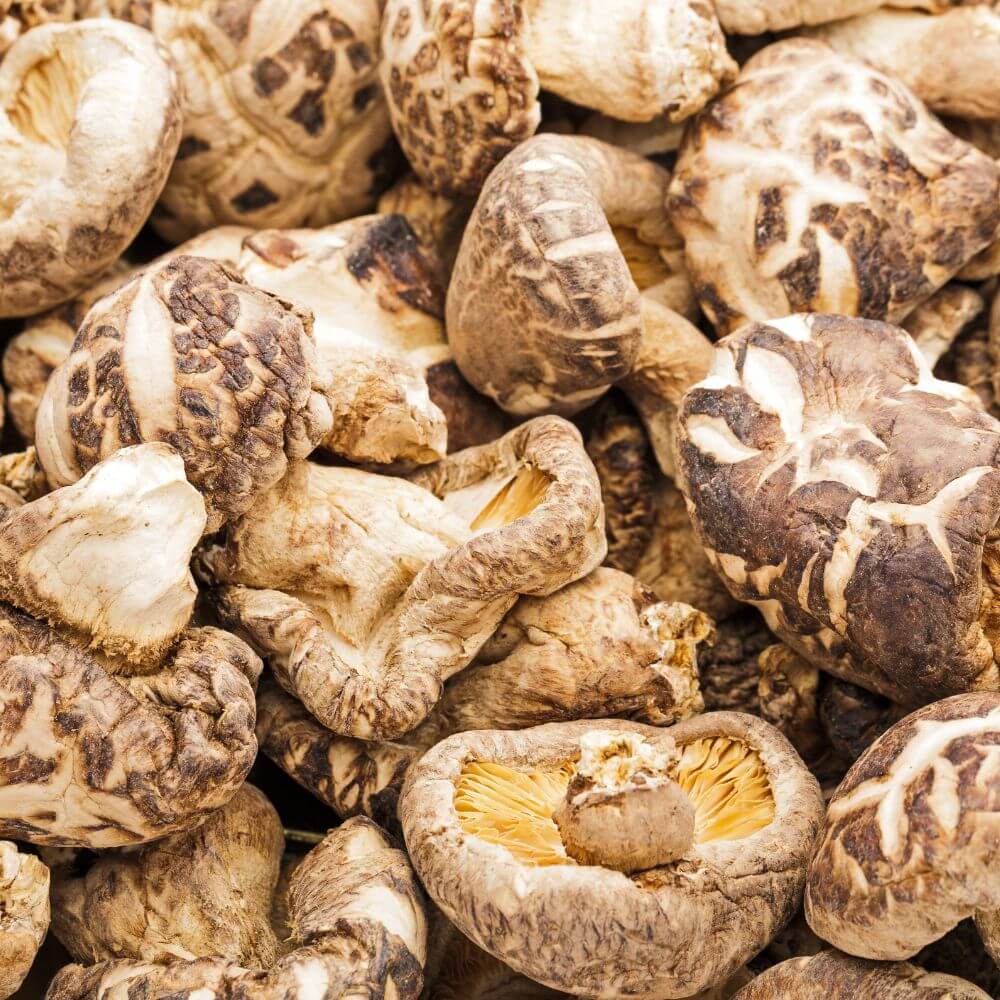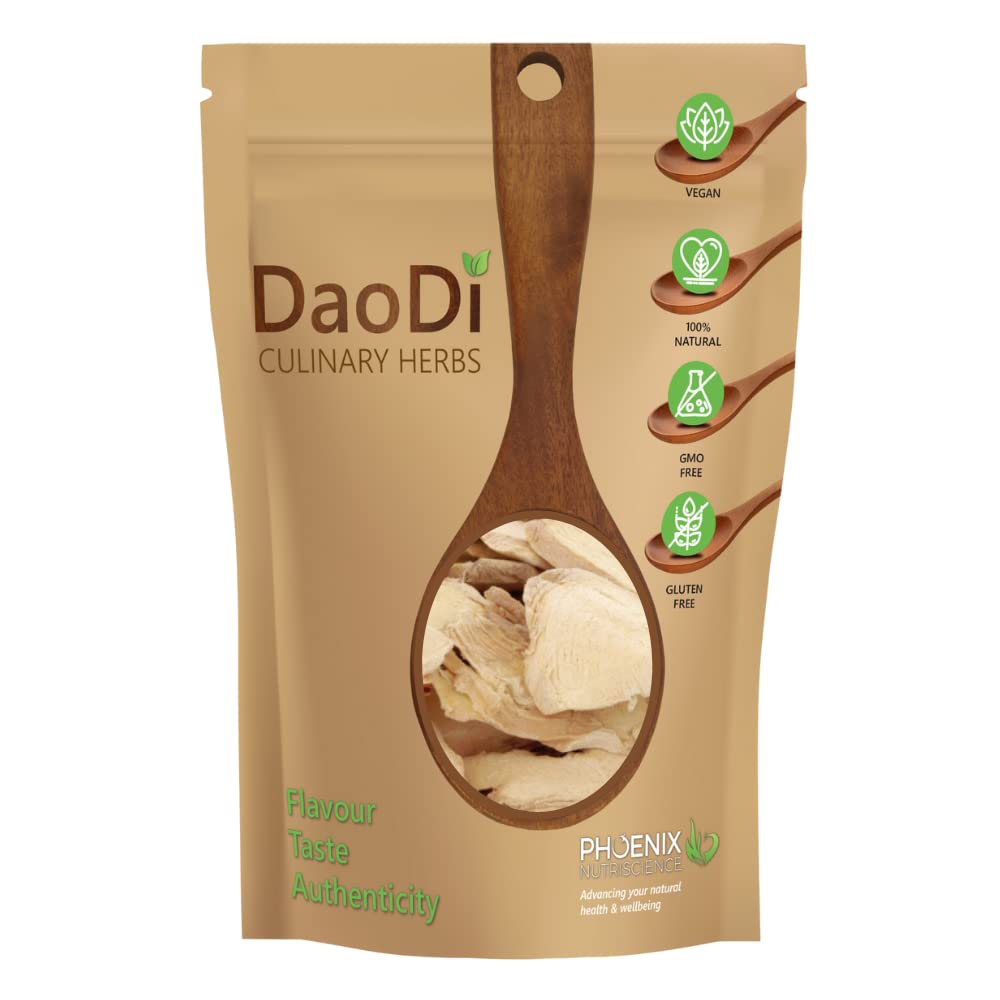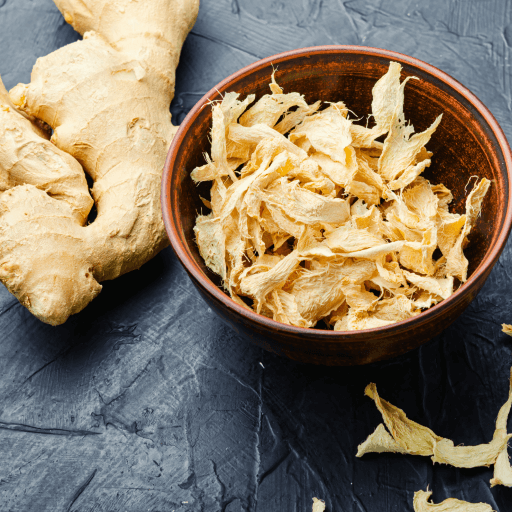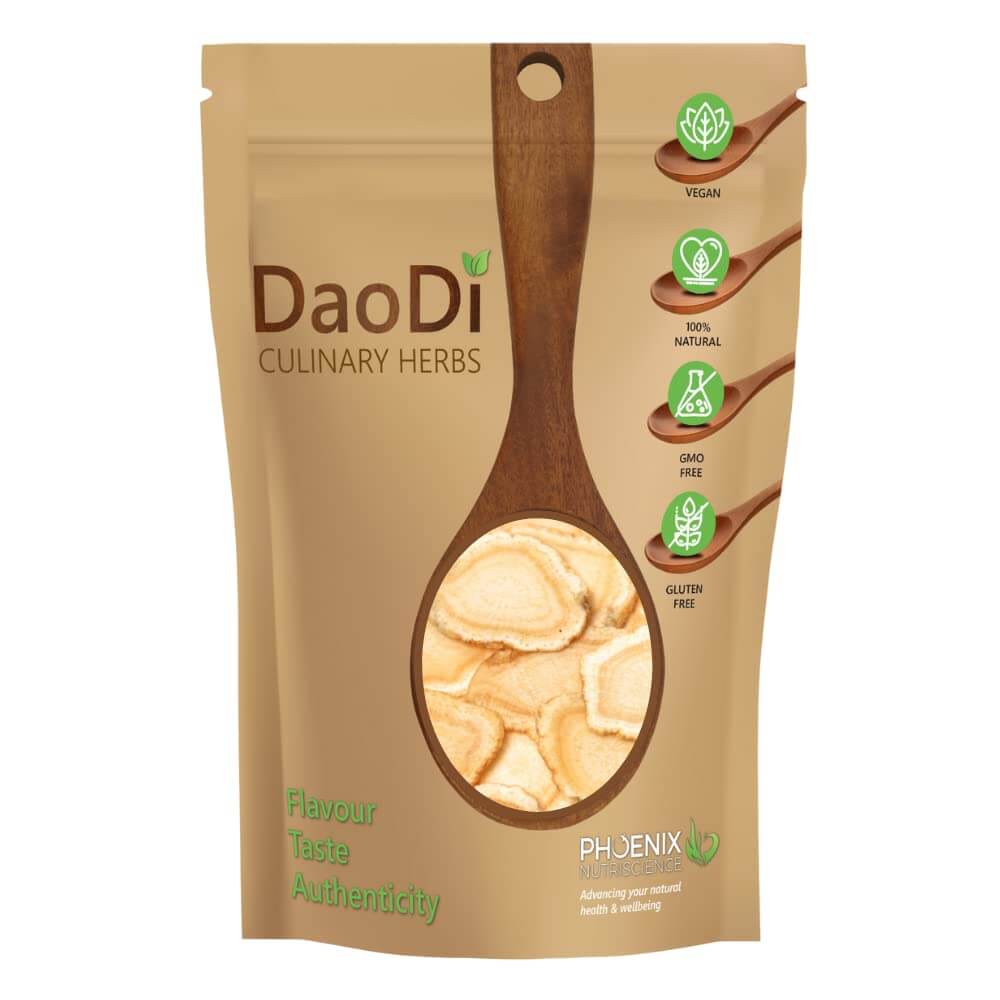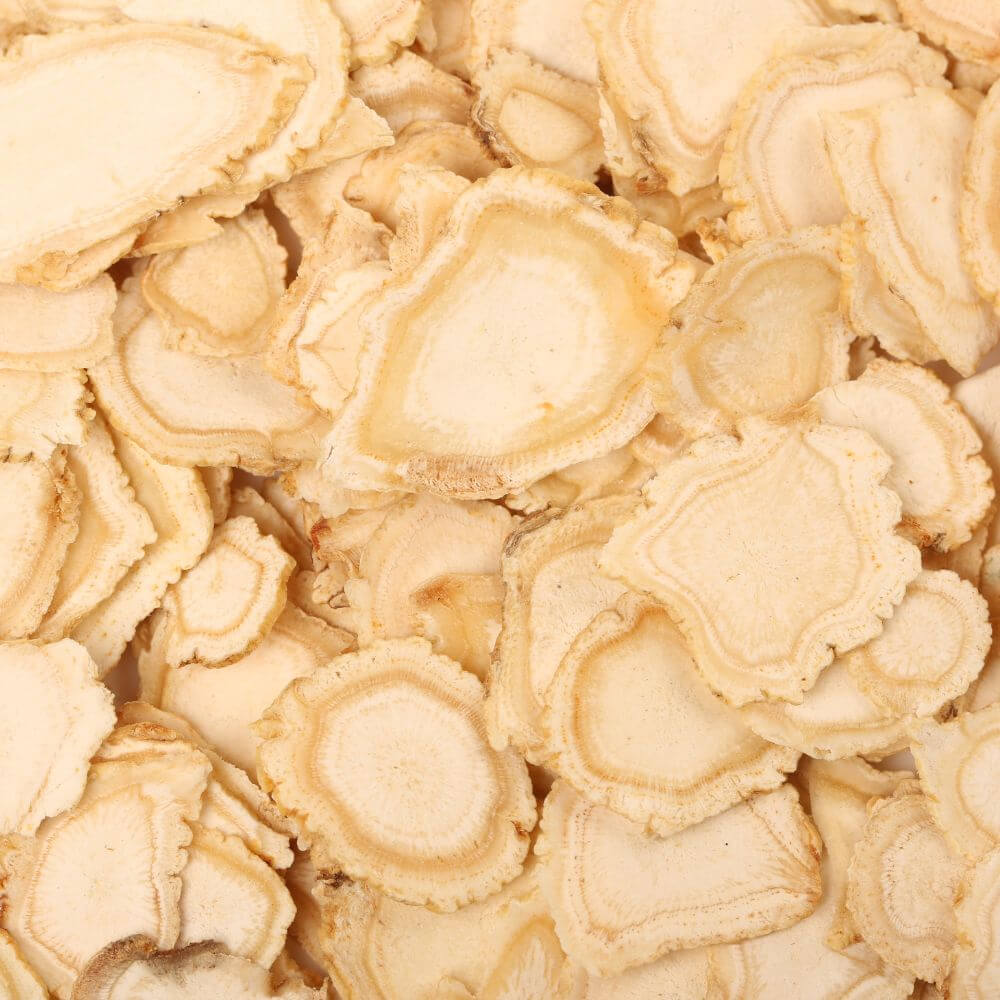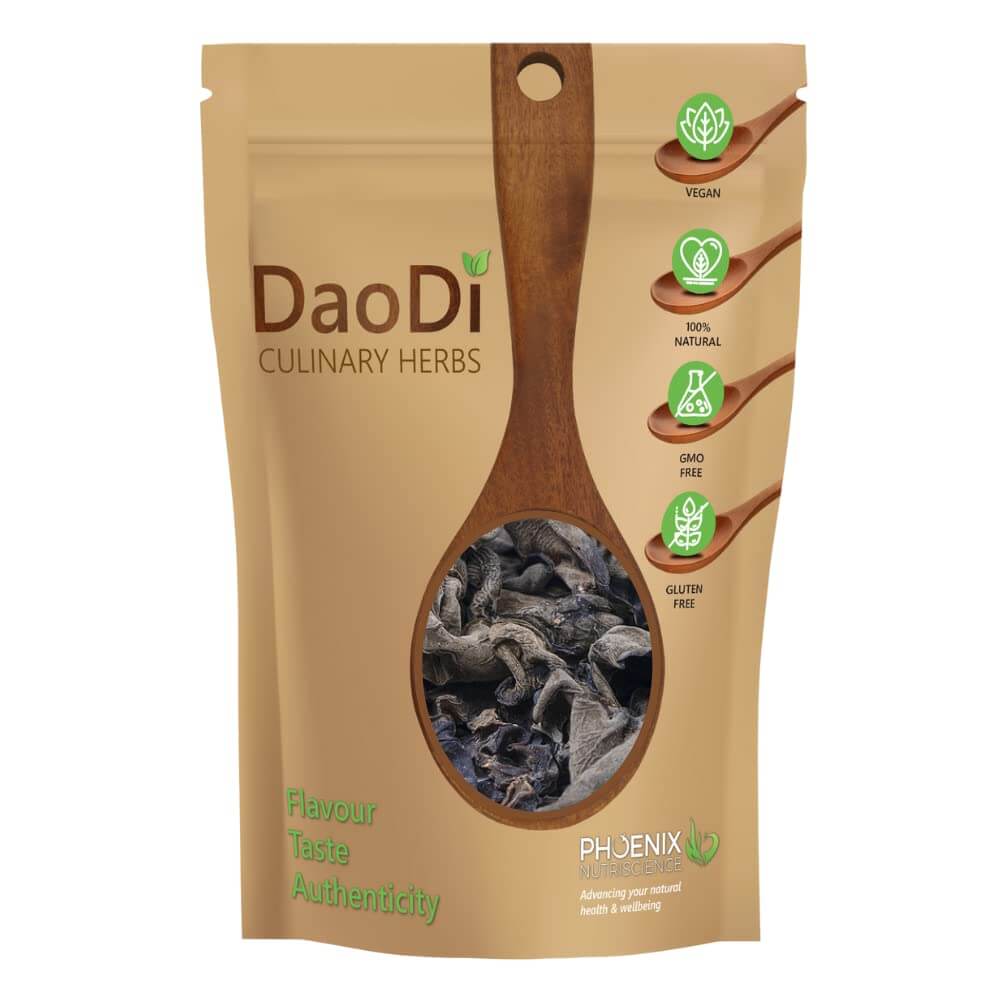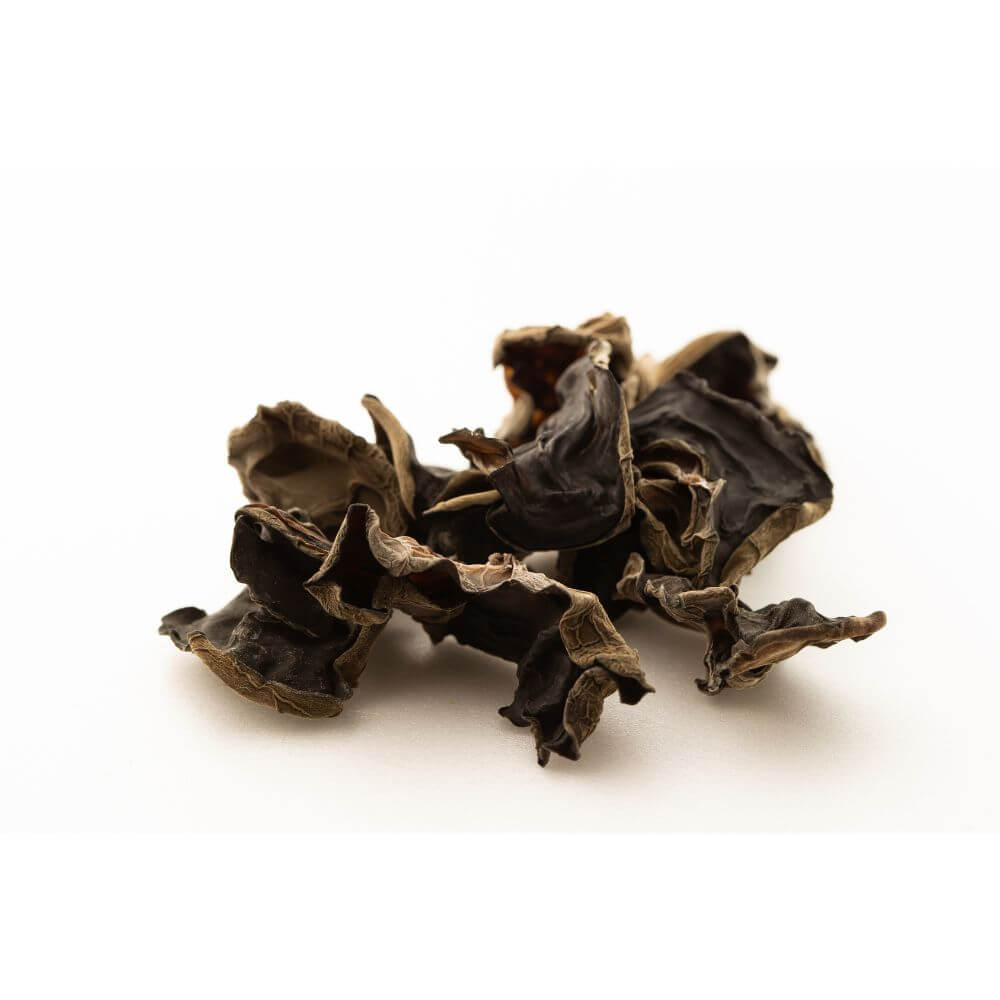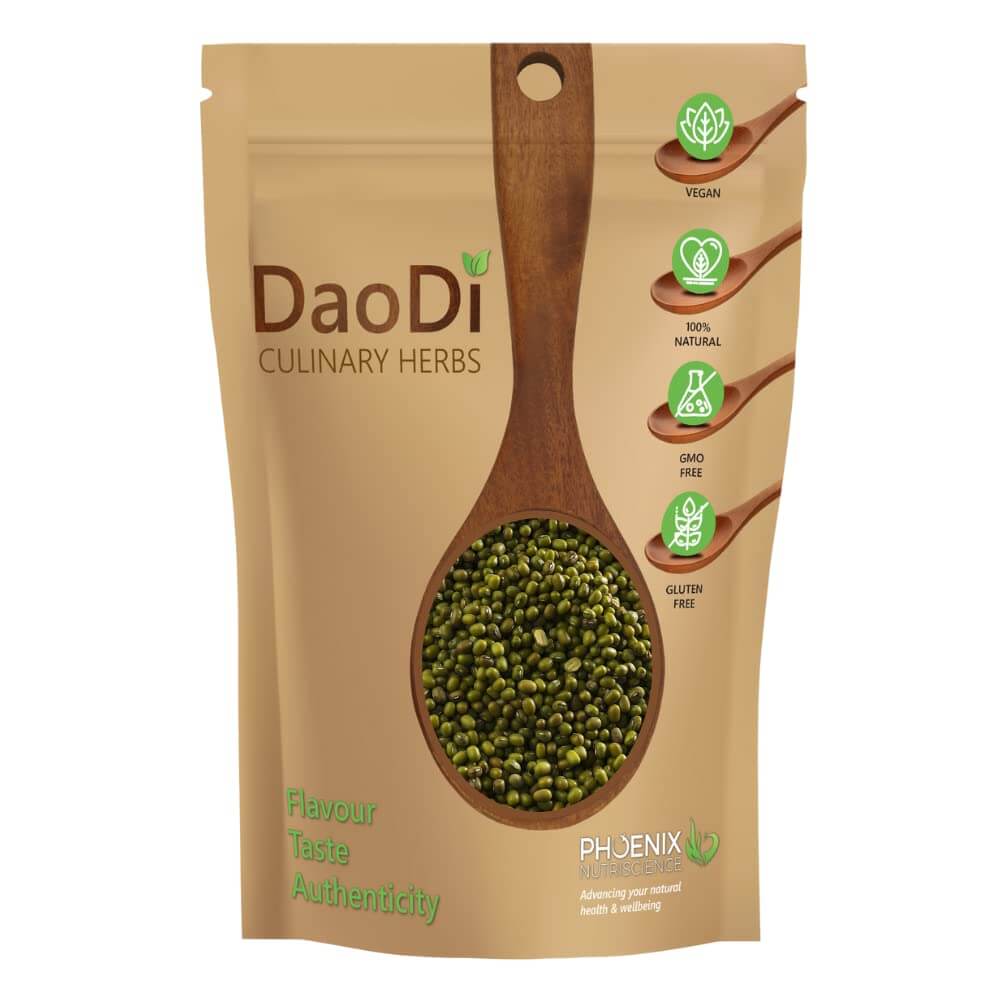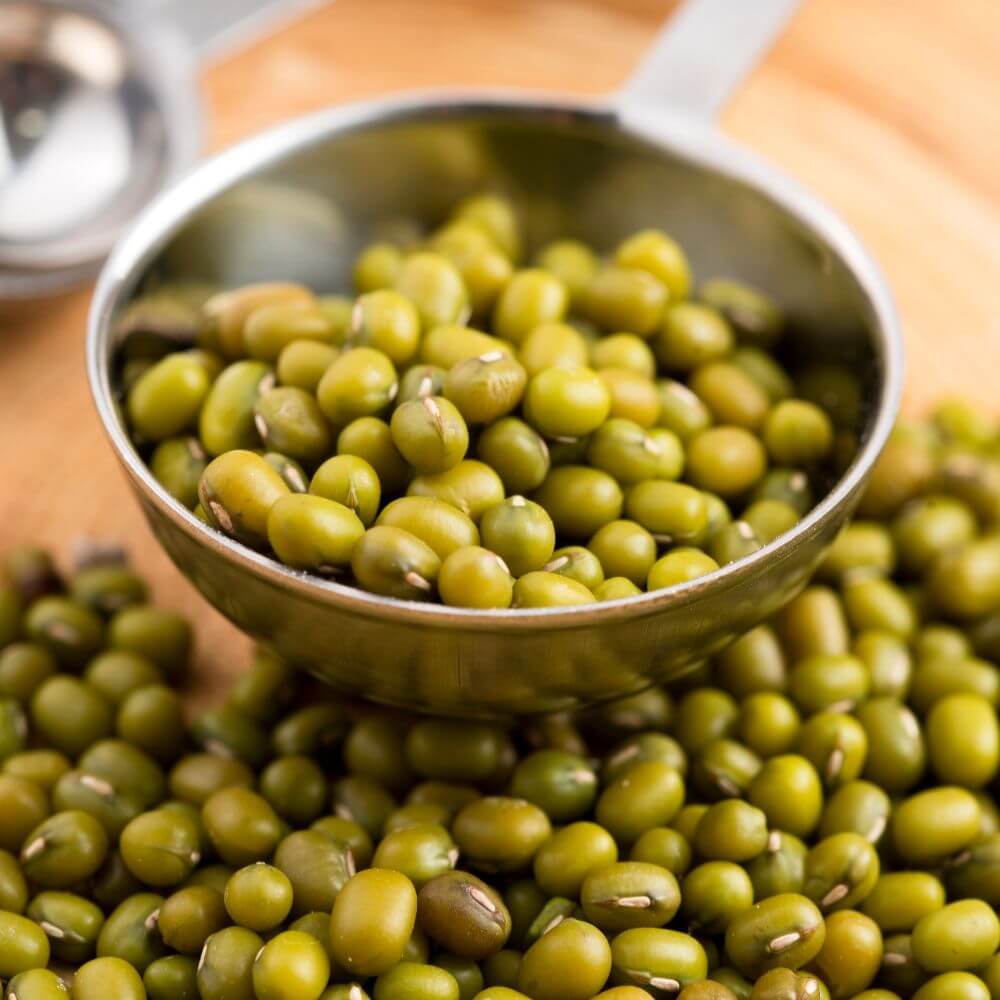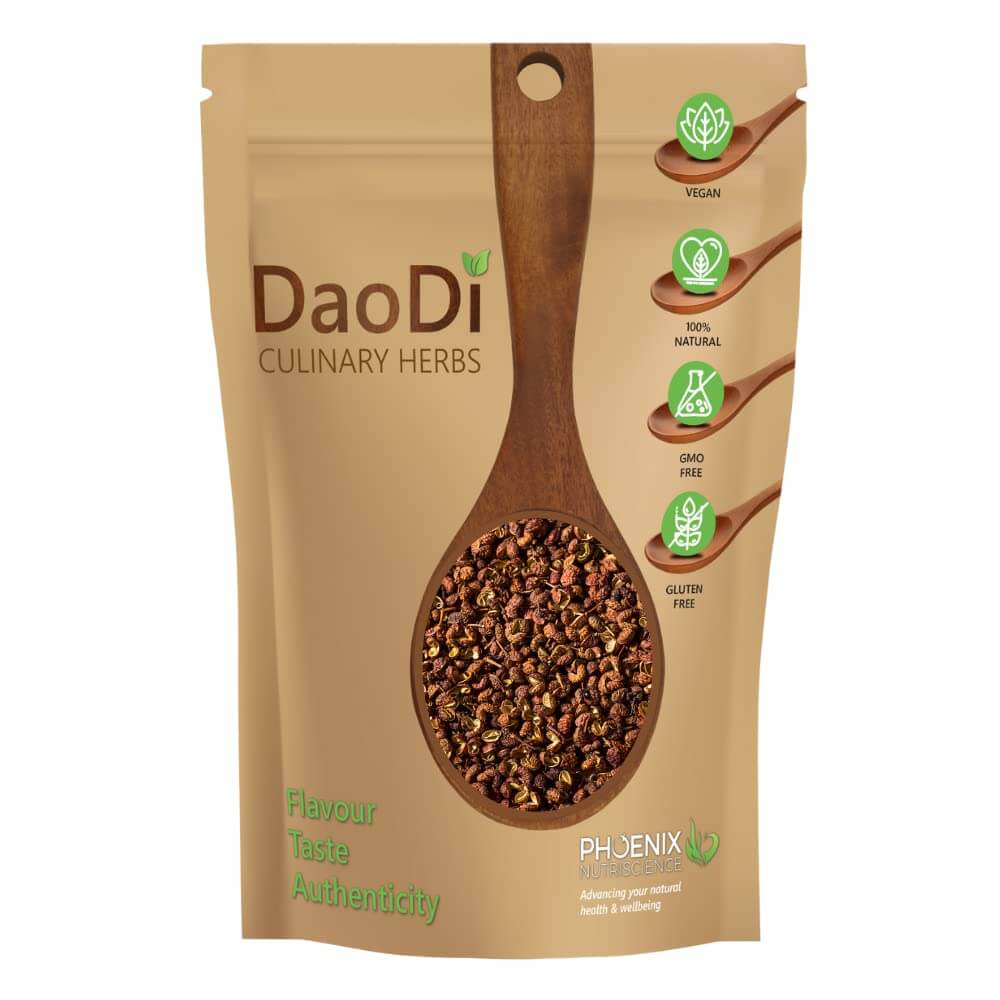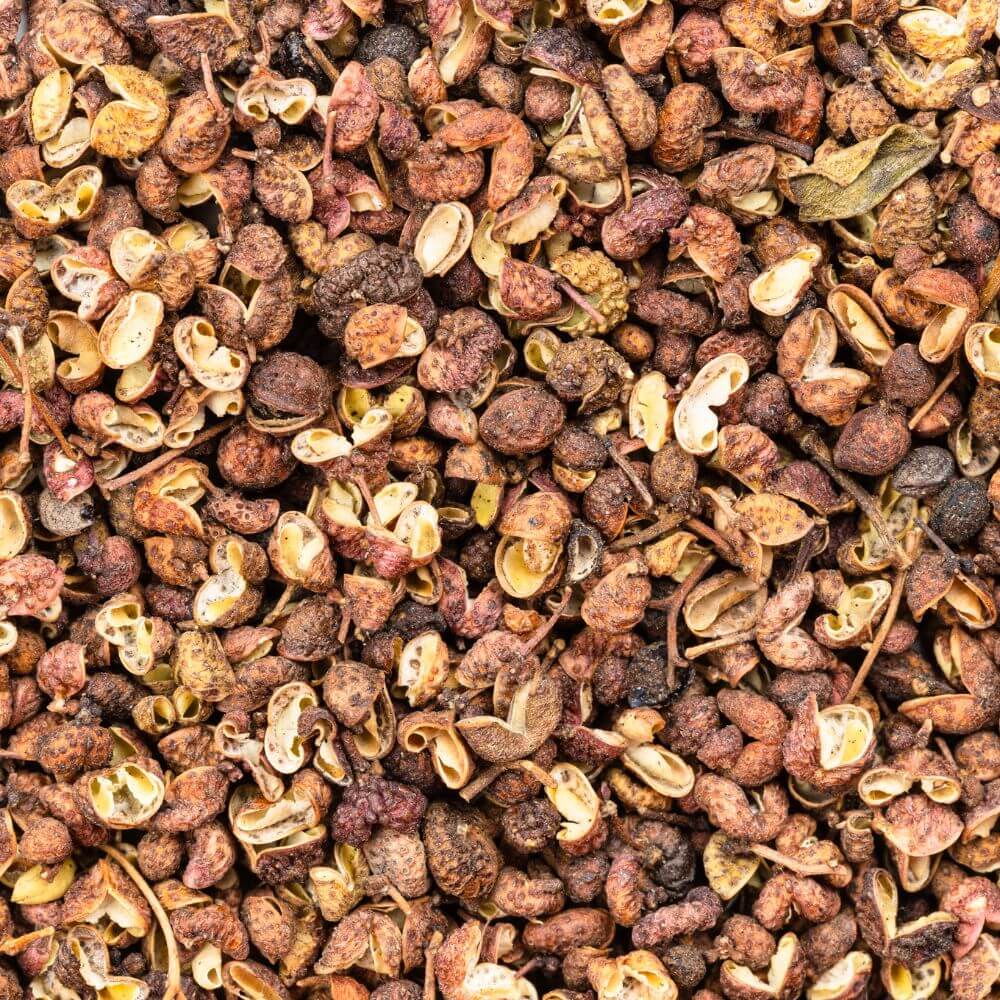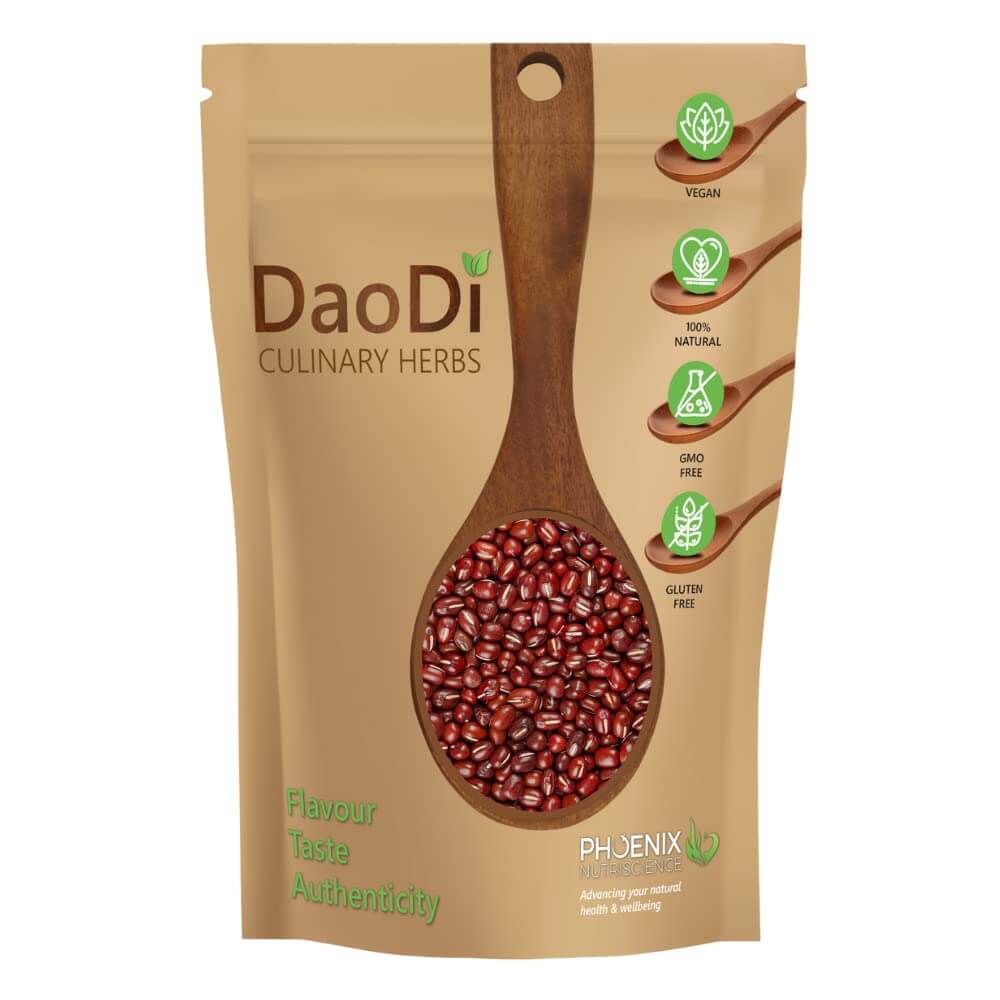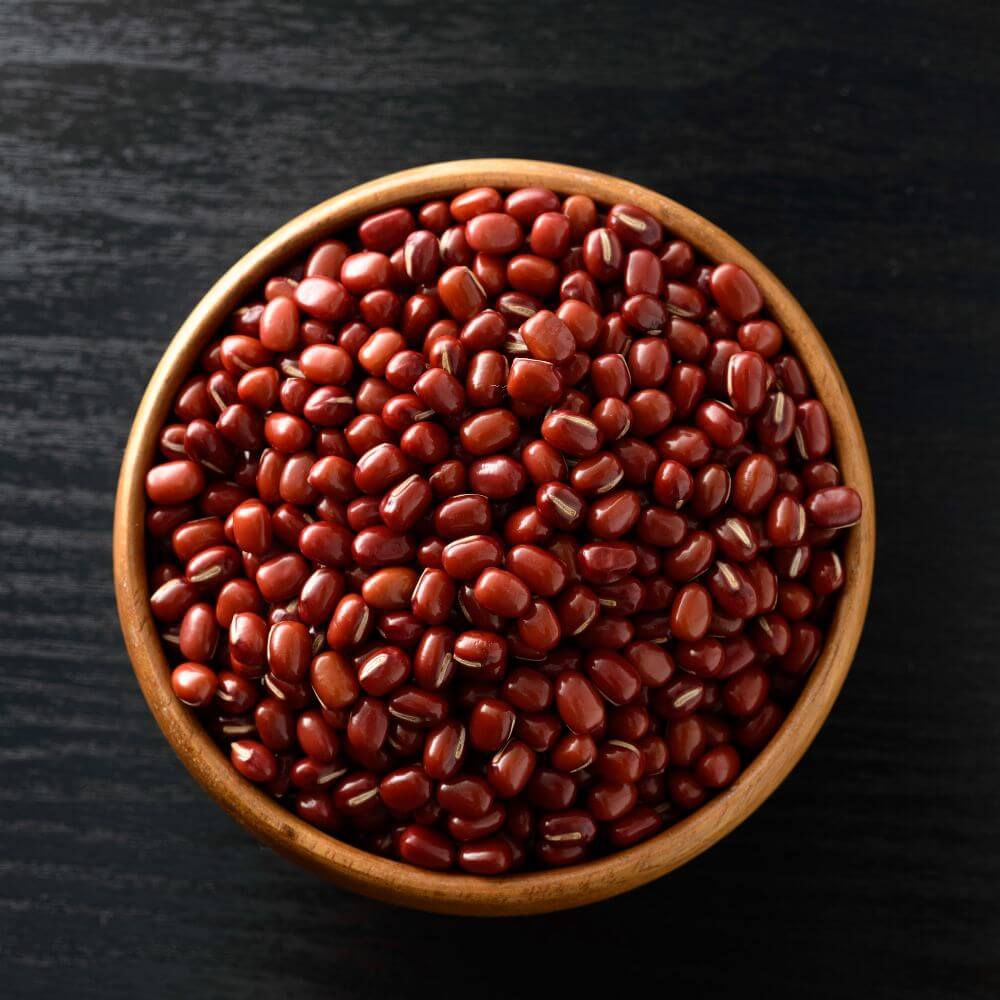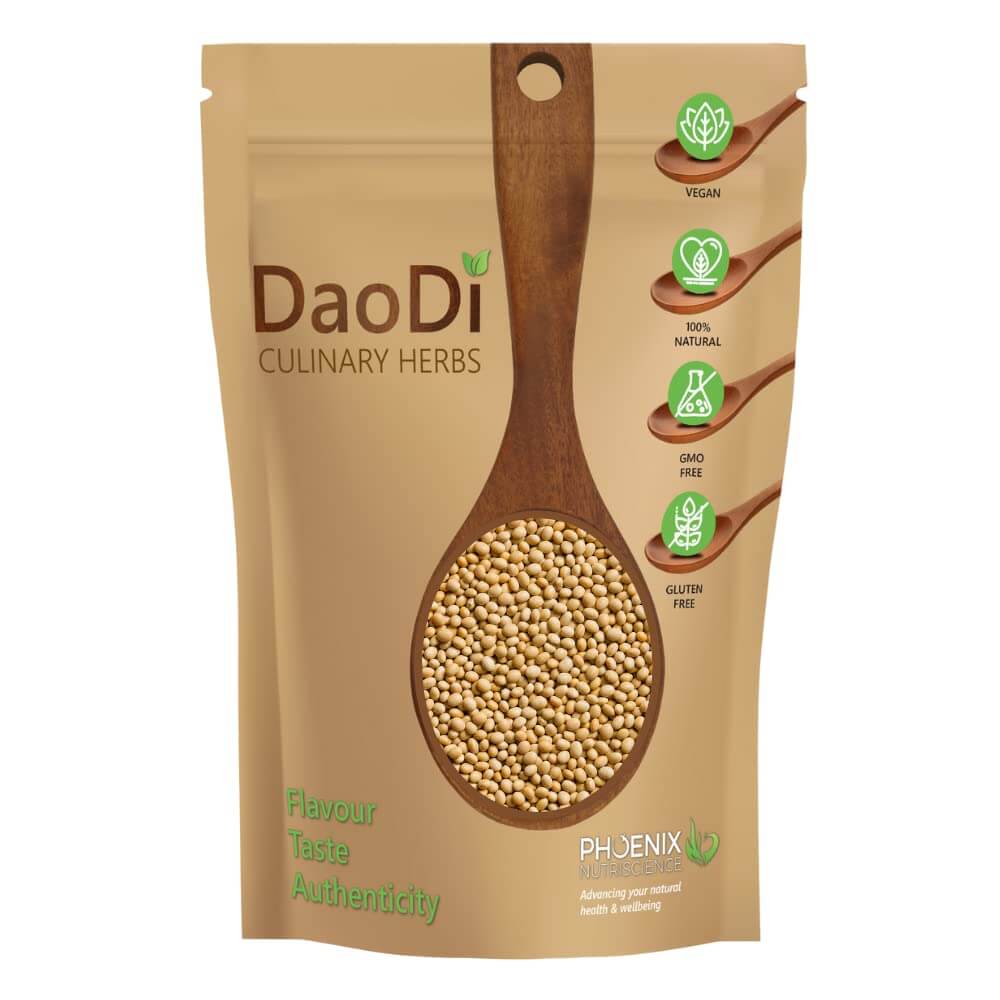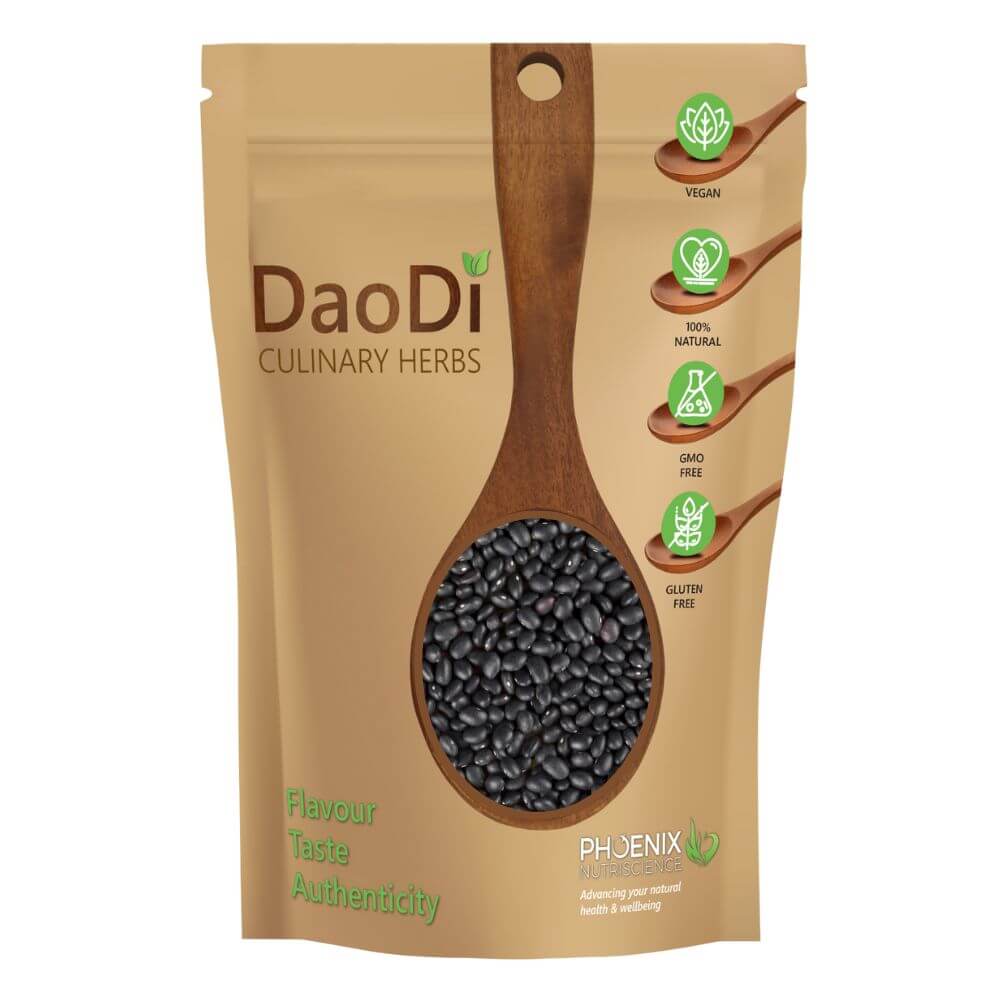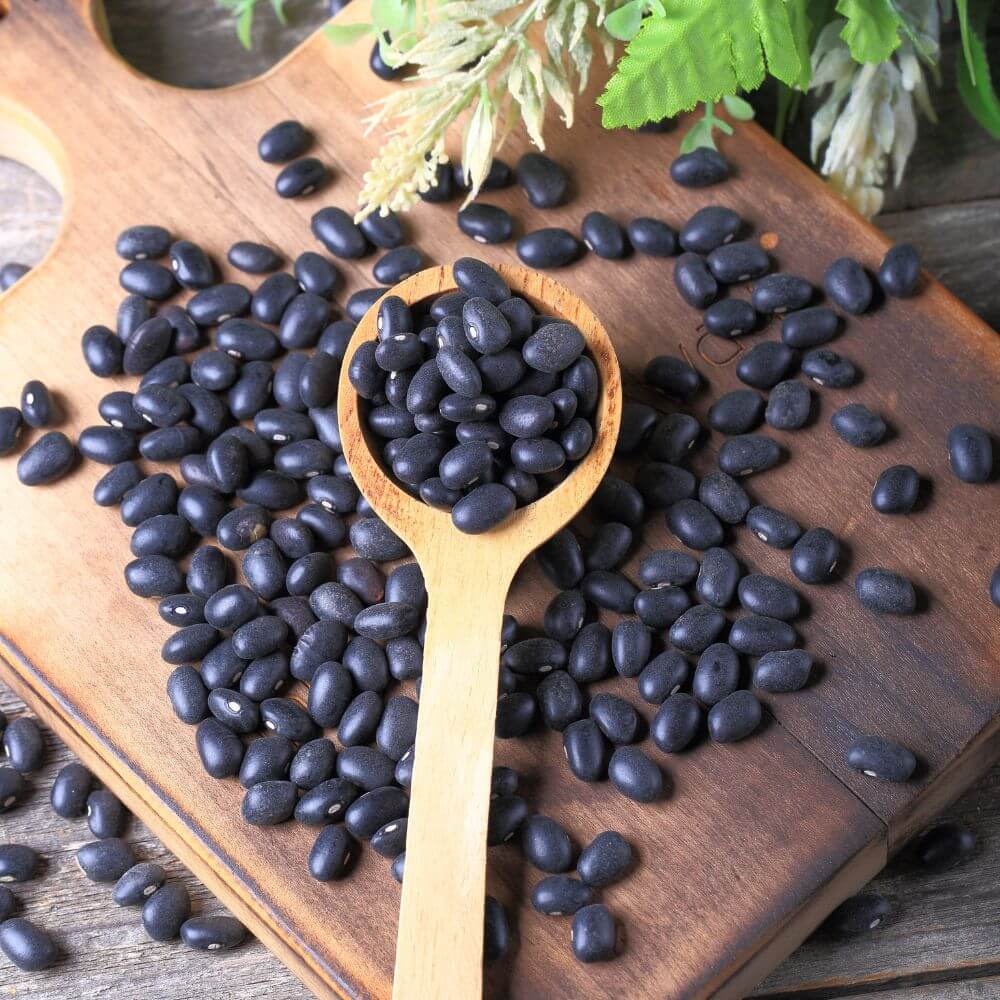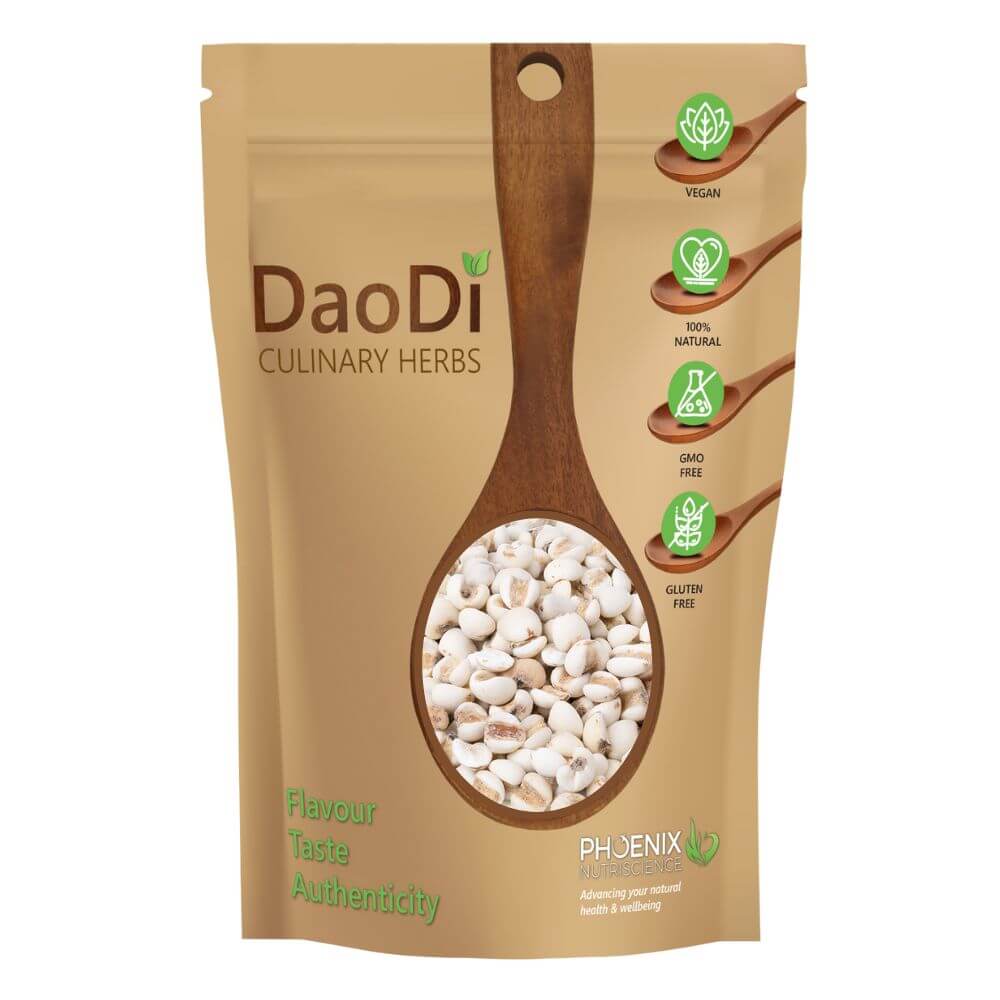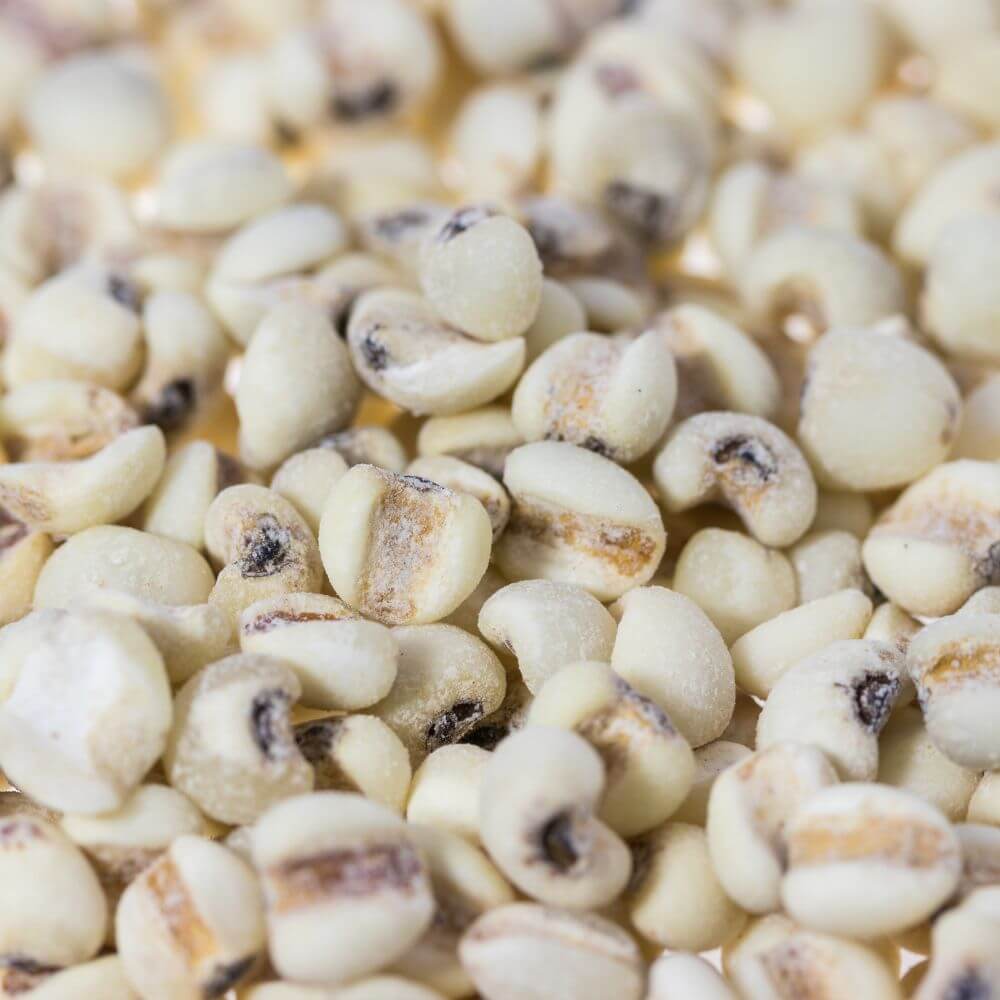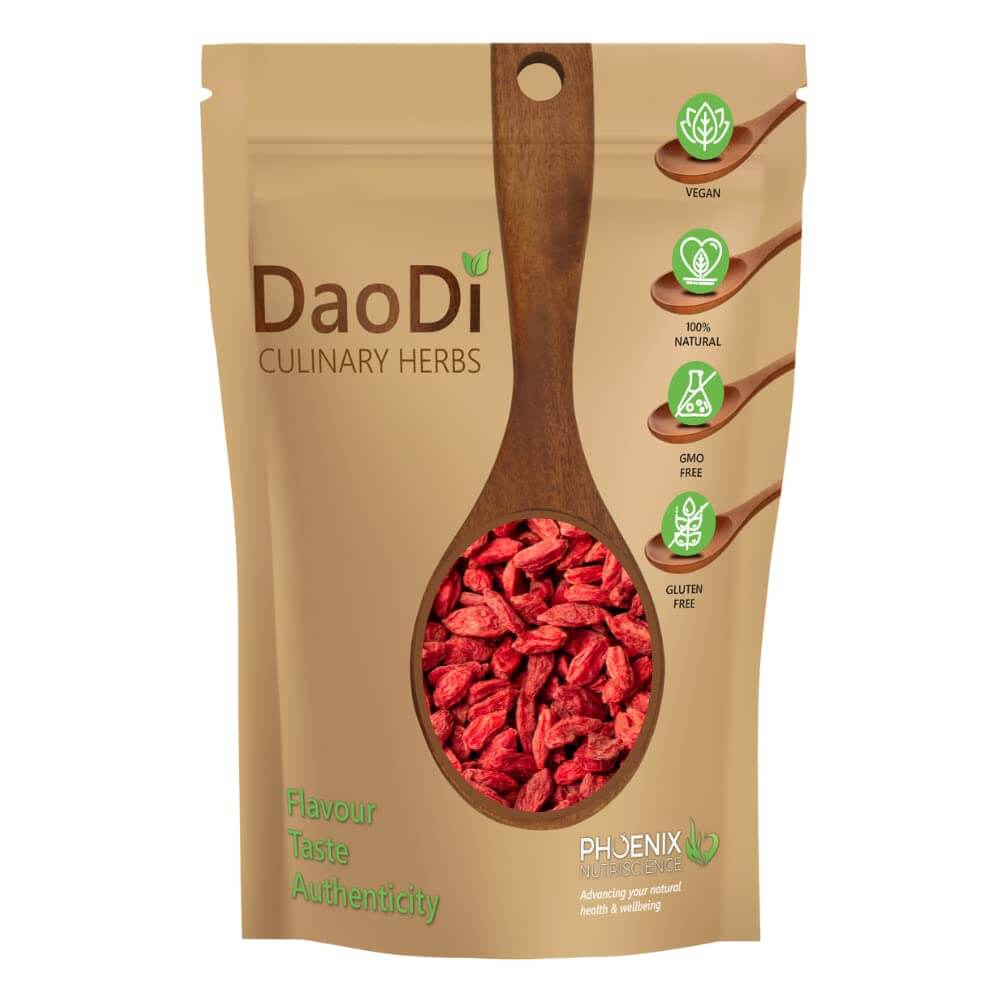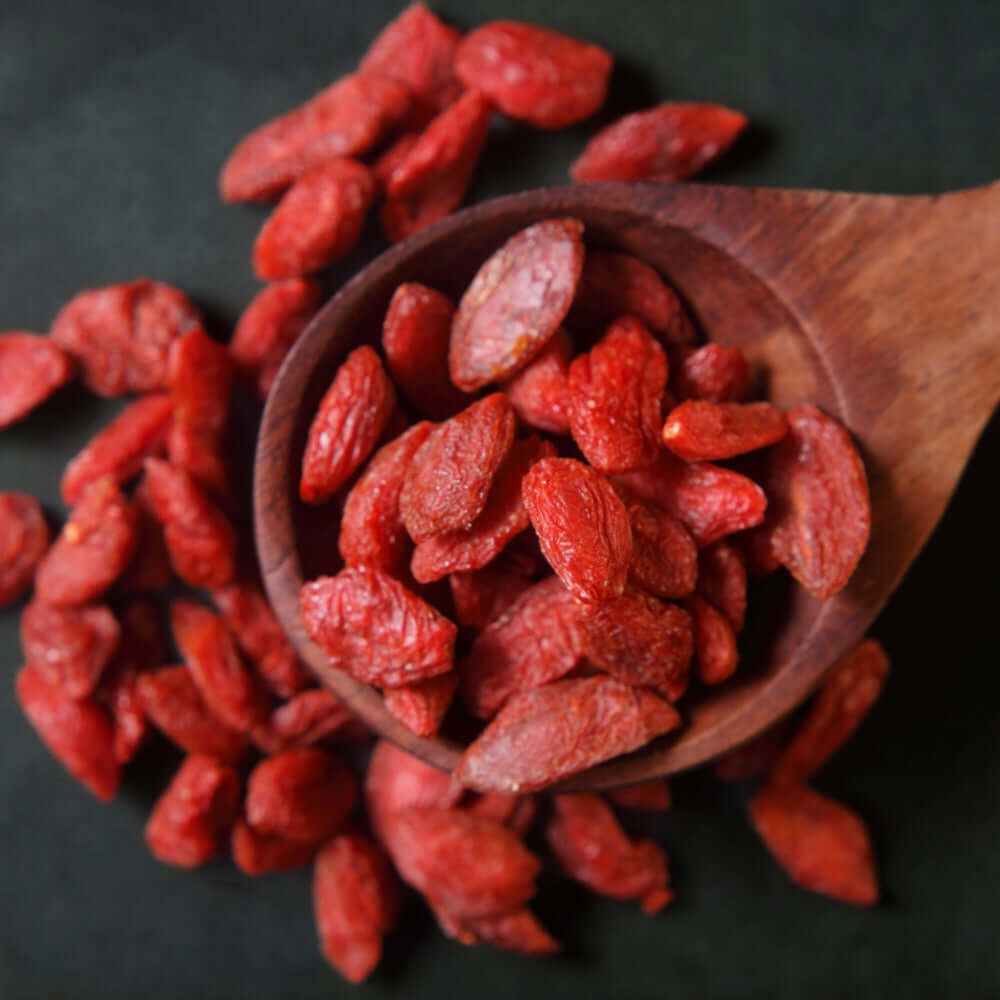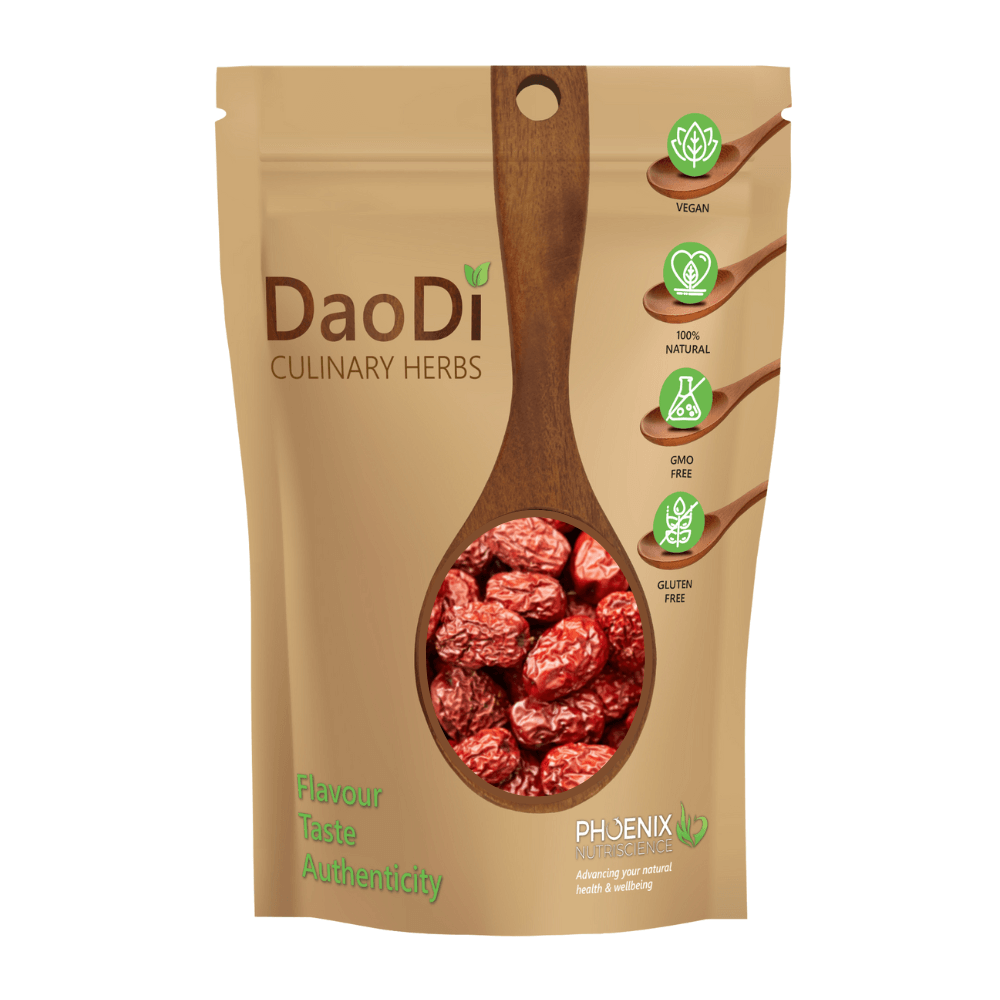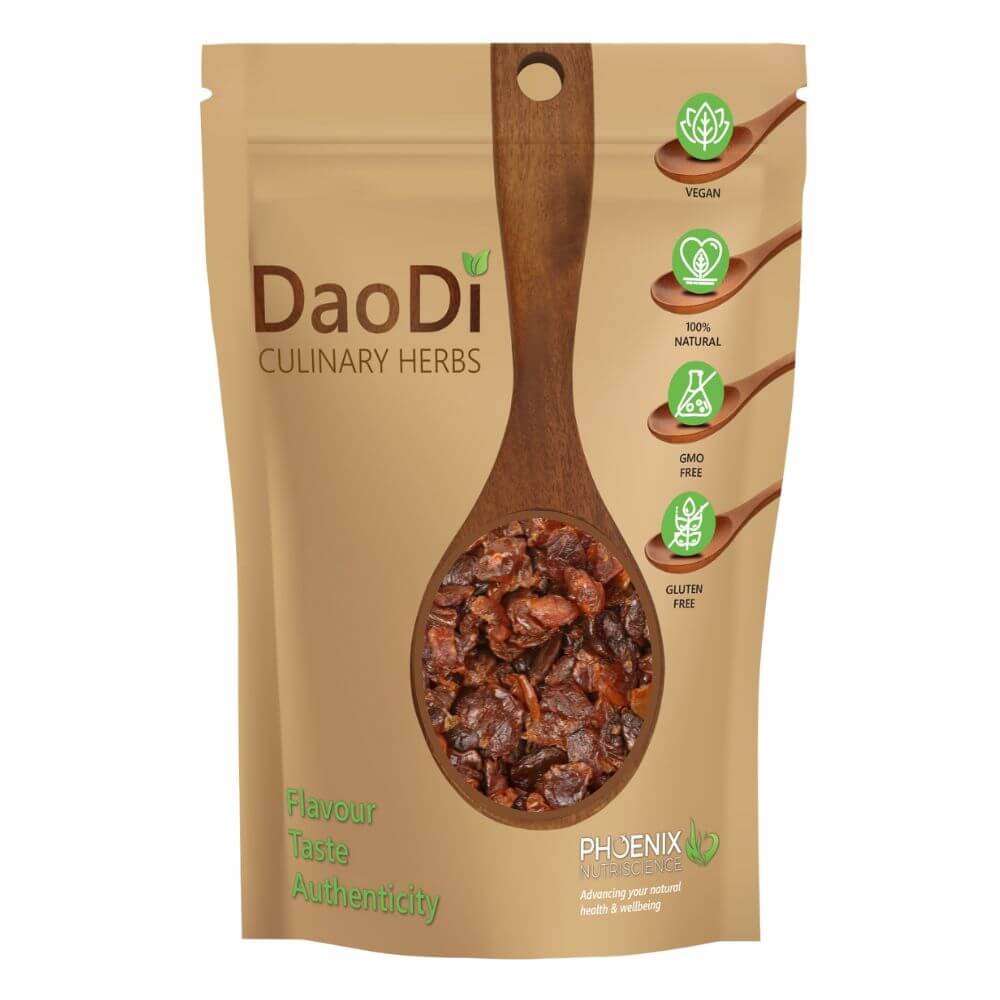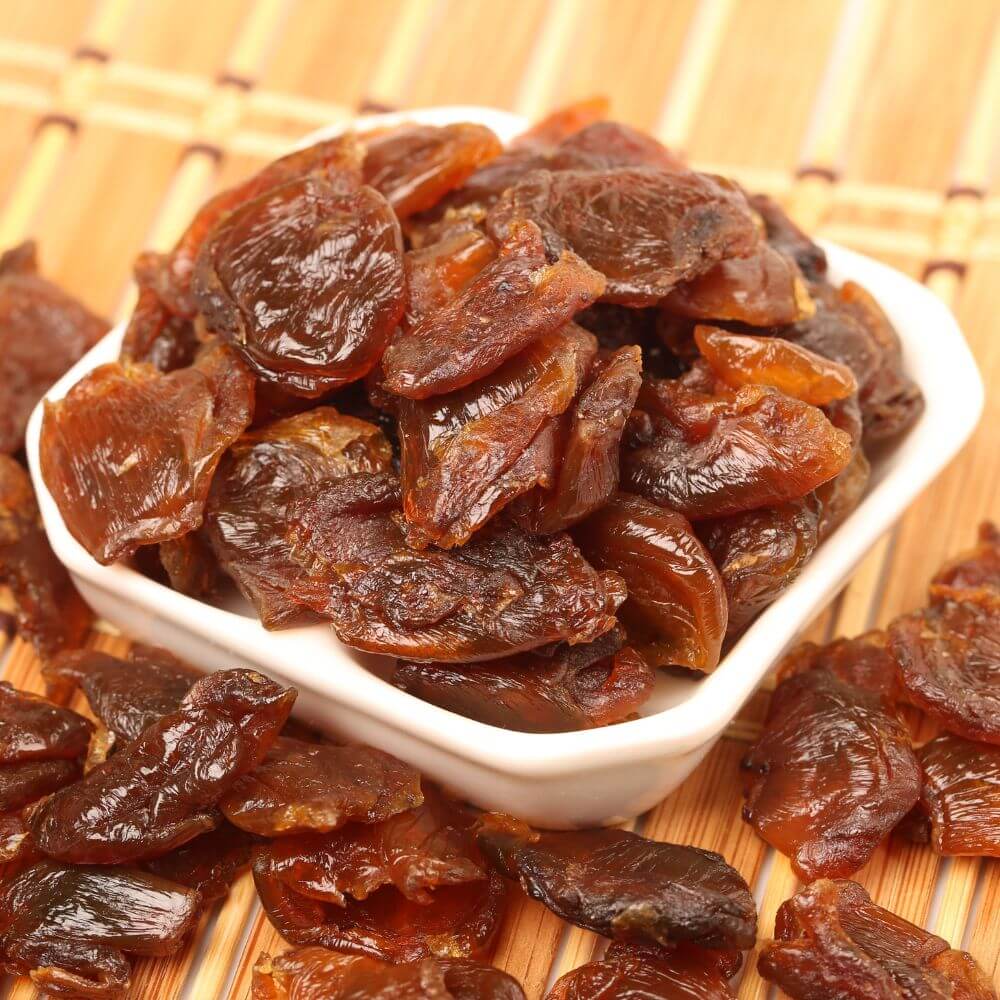DaoDi Culinary Herbs (50g - 100g)
Cooking has always been about more than just eating. It’s flavour, memory, and those small kitchen habits that turn food into something special. Daodi culinary herbs have been part of that story for a very long time. They’re not the kind of jars you toss into a trolley on a rushed shop – they’re ingredients with history, grown in the places where they develop best, and valued for generations because of the difference they make in the pot.
This collection is for anyone who enjoys exploring real ingredients – seeds, roots, flowers, mushrooms and more – that have been part of Chinese kitchens for generations. Think of them as the hidden layers that bring depth, aroma, and character to a dish, whether you’re preparing a comforting broth, a simple rice bowl, or a feast for friends.
What Does “Daodi” Actually Mean?
The word Daodi is one of those terms that doesn’t translate neatly into English, but the idea behind it is clear enough. It refers to the belief that the place something grows – the soil, the climate, the geography – affects its quality. Just like French wine regions or Italian olive groves, Chinese herbs also have their “true homes”.
So when you pick up a Daodi herb, you know it hasn’t just been grown anywhere. It comes from a region that has nurtured it for centuries, where conditions bring out its best flavour and character. That’s why cooks who care about authenticity always look for Daodi.
A Collection That’s Full of Variety
One of the things that makes this collection so enjoyable is how varied it is. Every ingredient has its own role in the kitchen, and each brings something different to the table:
- Seeds – nutty and versatile, the right Chinese seed can change the entire balance of a recipe.
- Roots – strong, aromatic, and best when simmered slowly, rewarding you with layers of flavour.
- Flowers – delicate and fragrant, whether steeped as tea or sprinkled into food for a gentle lift.
- Mushrooms – from firm shiitake to soft snow fungus, they enrich dishes with texture and a deep, savoury note.
- Bark and peel – subtle yet distinctive, adding warmth and complexity when used in soups, stews, or sauces.
Together, they create a collection that’s as practical for everyday cooking as it is inspiring for anyone curious about exploring authentic flavours.

Cooking with Flavour and Fragrance
Let’s be honest: the joy of herbs is in their smell and taste. Imagine rehydrating dried mushrooms and catching that earthy aroma drifting through the kitchen. Or the kick of dried ginger root as it simmers in a broth. These are the little moments that make cooking worthwhile.
Daodi herbs aren’t about big, overwhelming flavours. They’re about balance. Some are floral, others earthy, a few are sweet, and others are bittersweet or sharp. Used together, they create harmony, turning a simple pot of ingredients into something layered and memorable.
That’s why so many people keep coming back to Chinese herbs. Once you start experimenting, you realise how much they can transform everyday cooking without being complicated.
Tradition Meets the Everyday Kitchen
Of course, Daodi herbs aren’t locked away in tradition or reserved for restaurant chefs. They fit right into today’s cooking. A few pieces in a quick noodle soup after work can lift the whole bowl, while a slow simmer over the weekend brings out all their depth. They’re a bridge between the old ways and modern life, adding genuine flavour without making things complicated.
Everyday Ways to Use Daodi Culinary Herbs
The good news is you don’t have to change your whole way of cooking to enjoy Daodi herbs. Start small, and you’ll see how easily they slot into everyday meals:
- Soups and broths: Roots, mushrooms, and seeds release flavour slowly, giving you a warming base.
- Teas and infusions: Flowers and lighter herbs bring a gentle fragrance and a calming note.
- Rice and grains: Drop in a herb while the pot simmers – the aroma spreads right through.
- Seasoning blends: Crush or grind them to make your own unique spice mix.
- Slow-cooked meals: Stews, hot pots, and braises are perfect for letting their flavours mingle.
You don’t need to be an expert in traditional Chinese herbs to get started. They encourage curiosity and bring a sense of discovery back to everyday cooking.

A Journey Through Taste and Tradition
Each herb in this collection tells its own story – of farmers, of regions, of the kitchens where it has been used for hundreds of years. When you bring them into your own home, you’re not just adding flavour; you’re continuing that story.
From the earthy grounding of roots to the fragrance of blossoms, from the satisfying chew of mushrooms to the subtle notes of seeds, these herbs are little reminders that cooking is more than routine. It’s culture, memory, and craft.
So whether you’re recreating a dish you once loved in a restaurant or simply curious about adding something new to your cupboard, Daodi culinary herbs give you the chance to cook with authenticity and heart.
FAQs
What makes Daodi culinary herbs different from ordinary herbs?
Daodi herbs are tied to specific regions in China known for producing the best quality. The soil, climate, and tradition of those areas give them a unique character and flavour.
Are these herbs only for Chinese recipes?
Not at all. While they’re rooted in Chinese cooking, many of them work beautifully in modern soups, slow-cooked dishes, teas, and even fusion recipes.
How do I prepare dried herbs like mushrooms or roots?
Most dried herbs need a quick rinse or a soak in warm water before use. Mushrooms, for example, rehydrate and bring a rich flavour to broths. Roots often benefit from slow cooking to draw out their full taste.
Can beginners use these herbs, or are they for experienced cooks?
They’re for everyone. Start with something simple, like adding a handful of dried mushrooms to a stew or making a floral tea. Once you get used to the flavours, you’ll naturally explore more.
Do these herbs keep well?
Yes. When stored in a cool, dry place in airtight containers, dried herbs usually last for months without losing their aroma or flavour.

